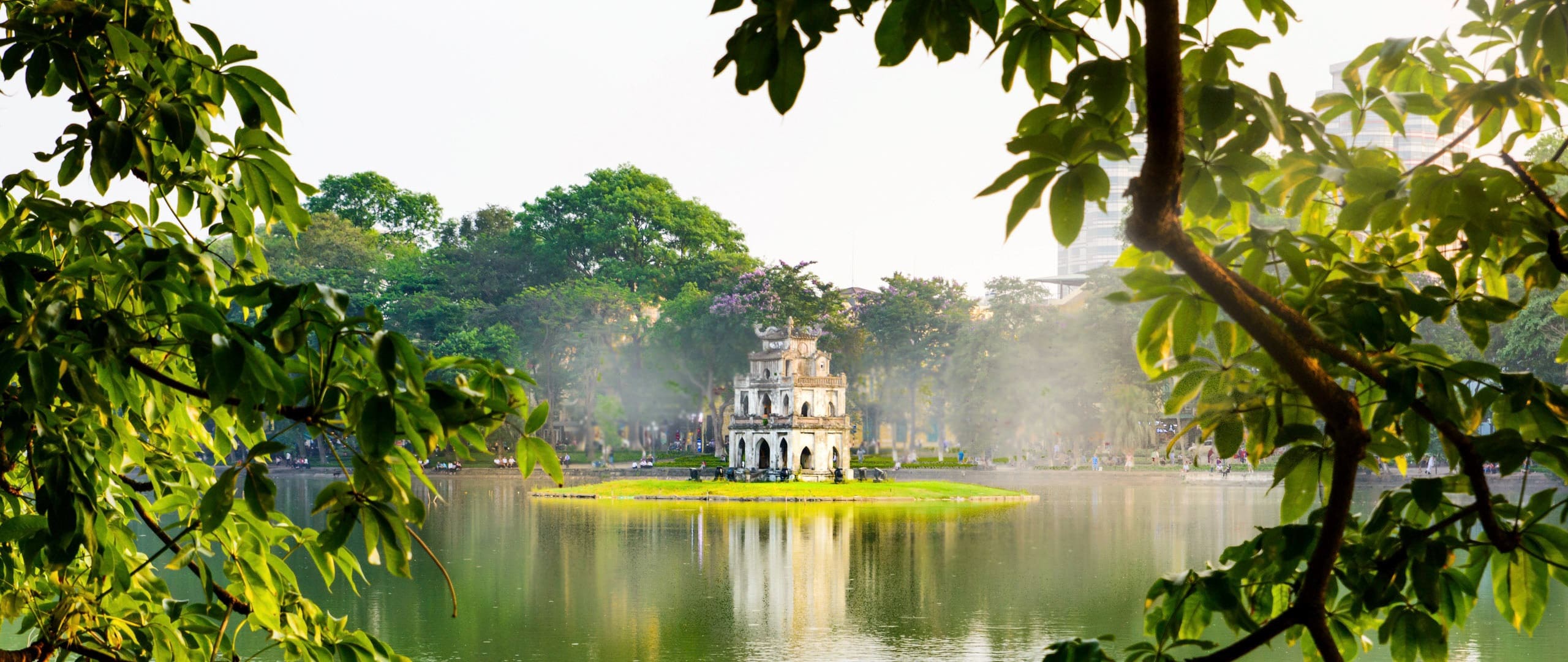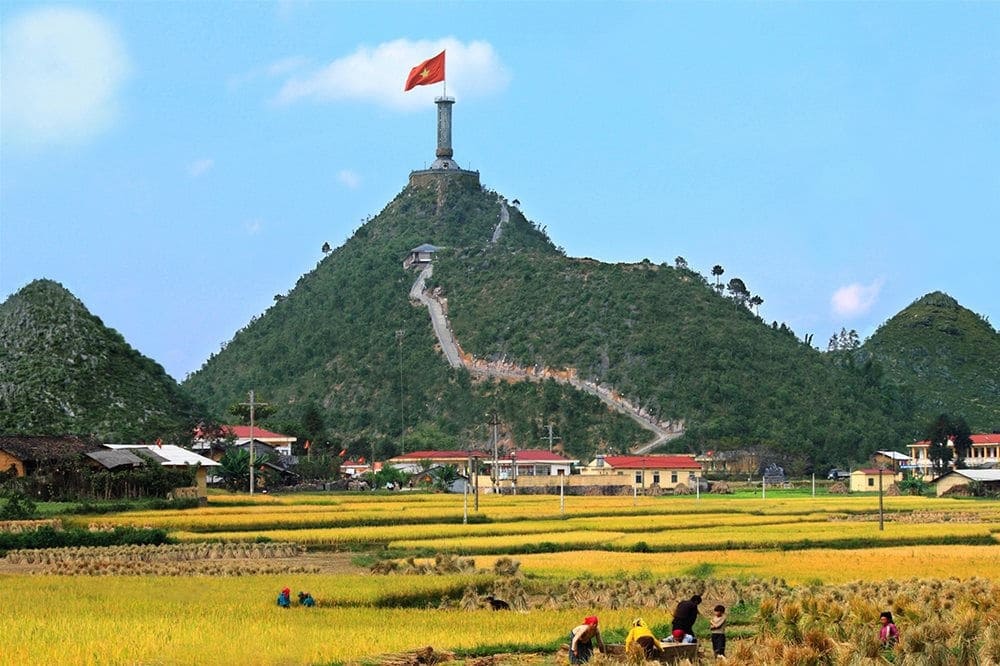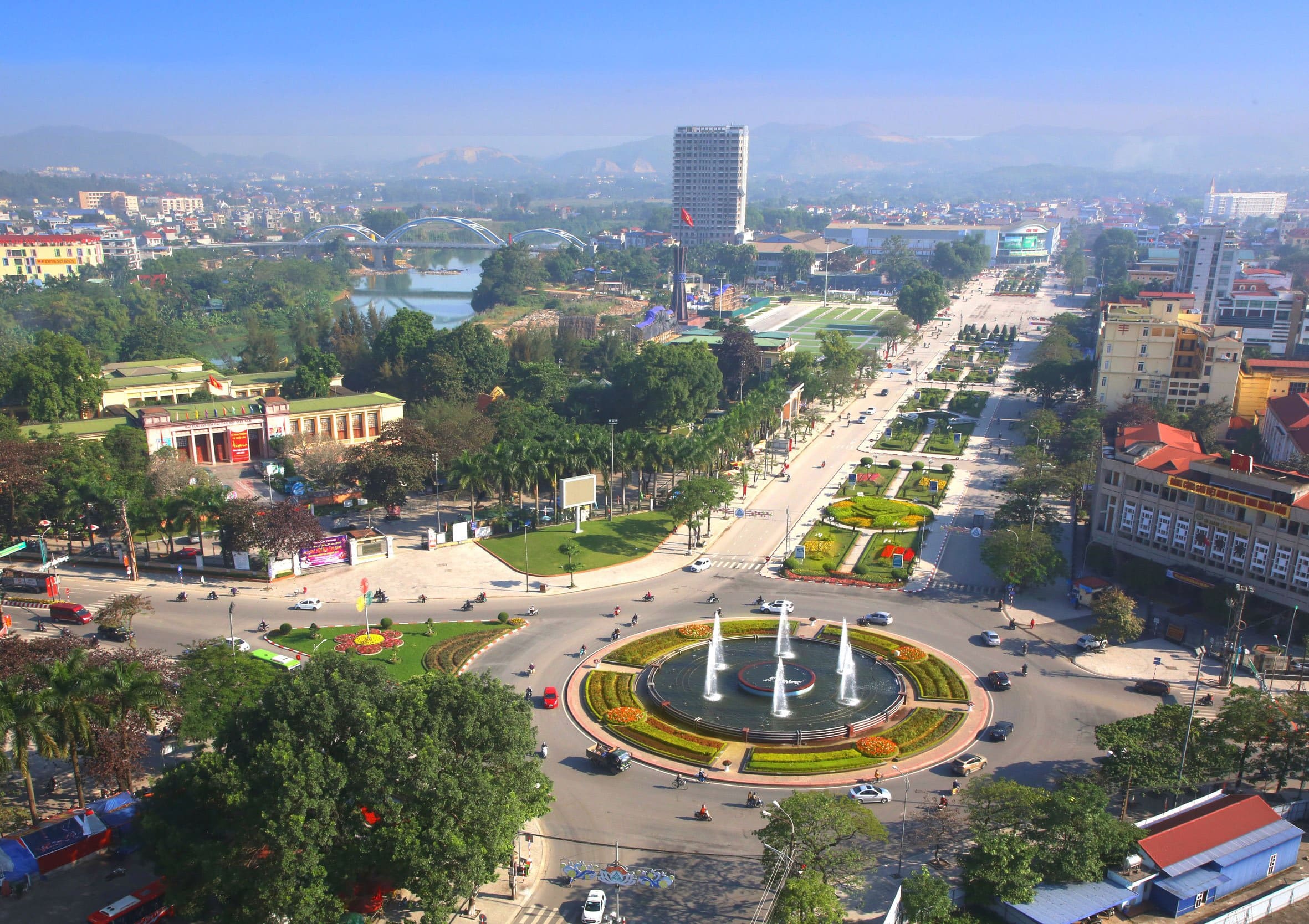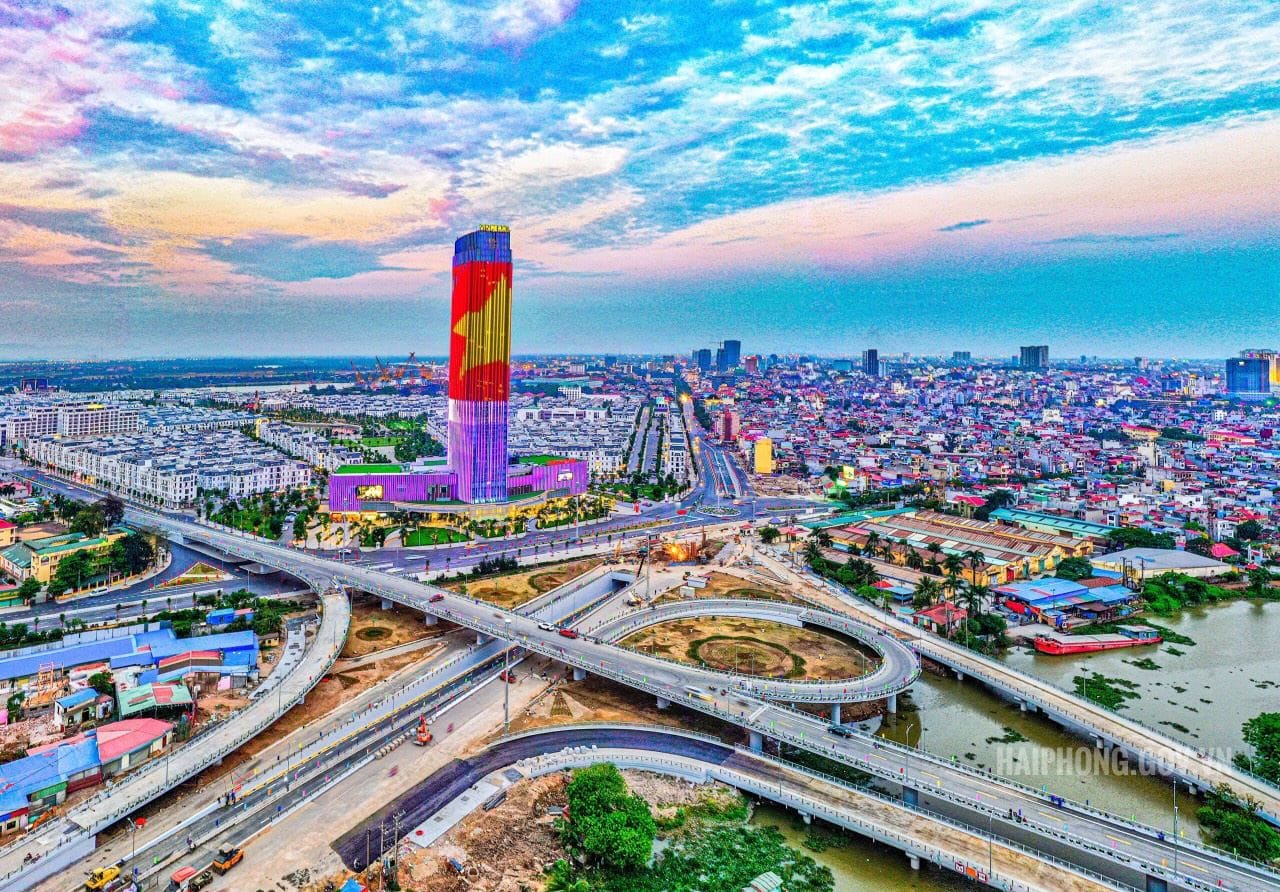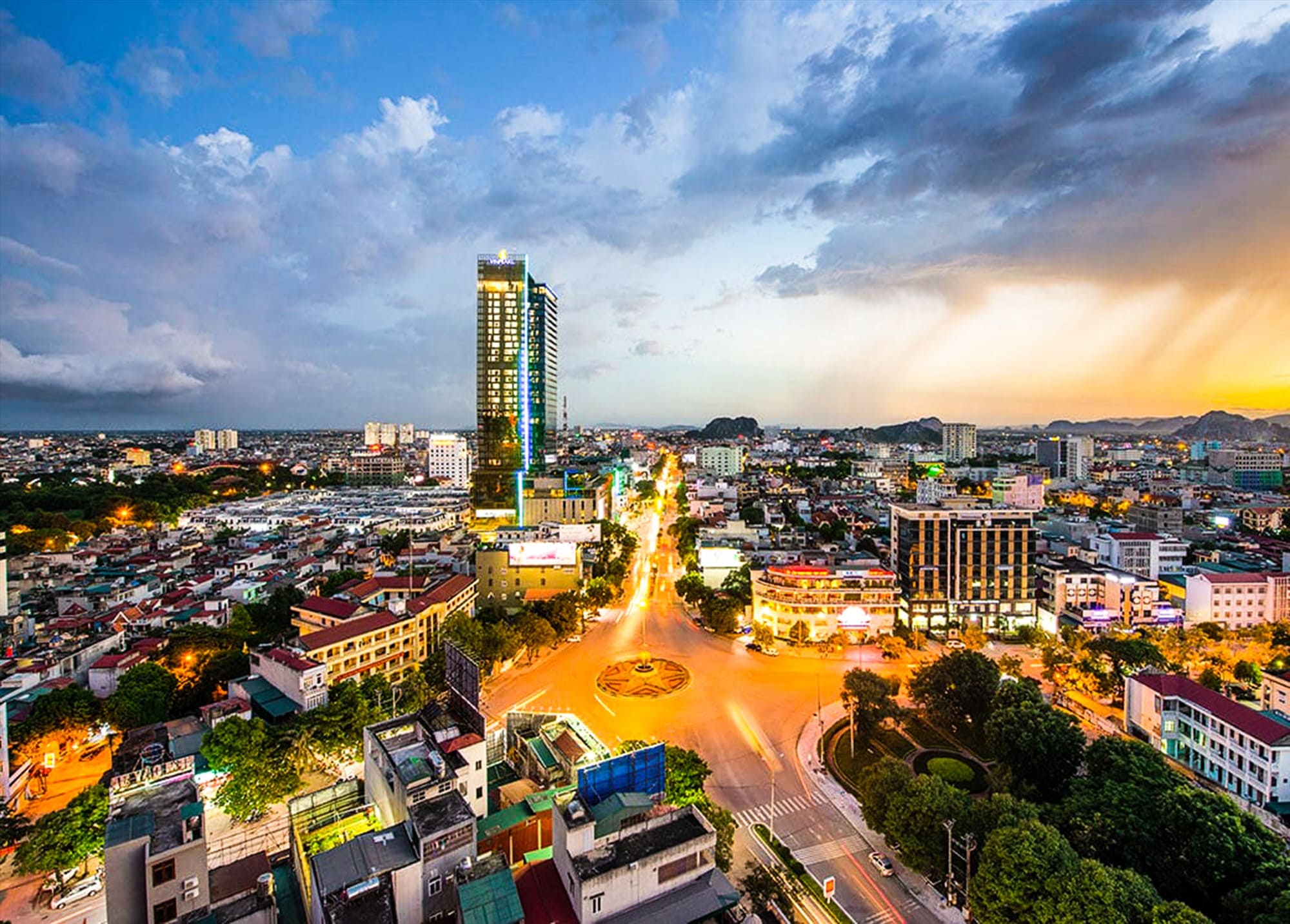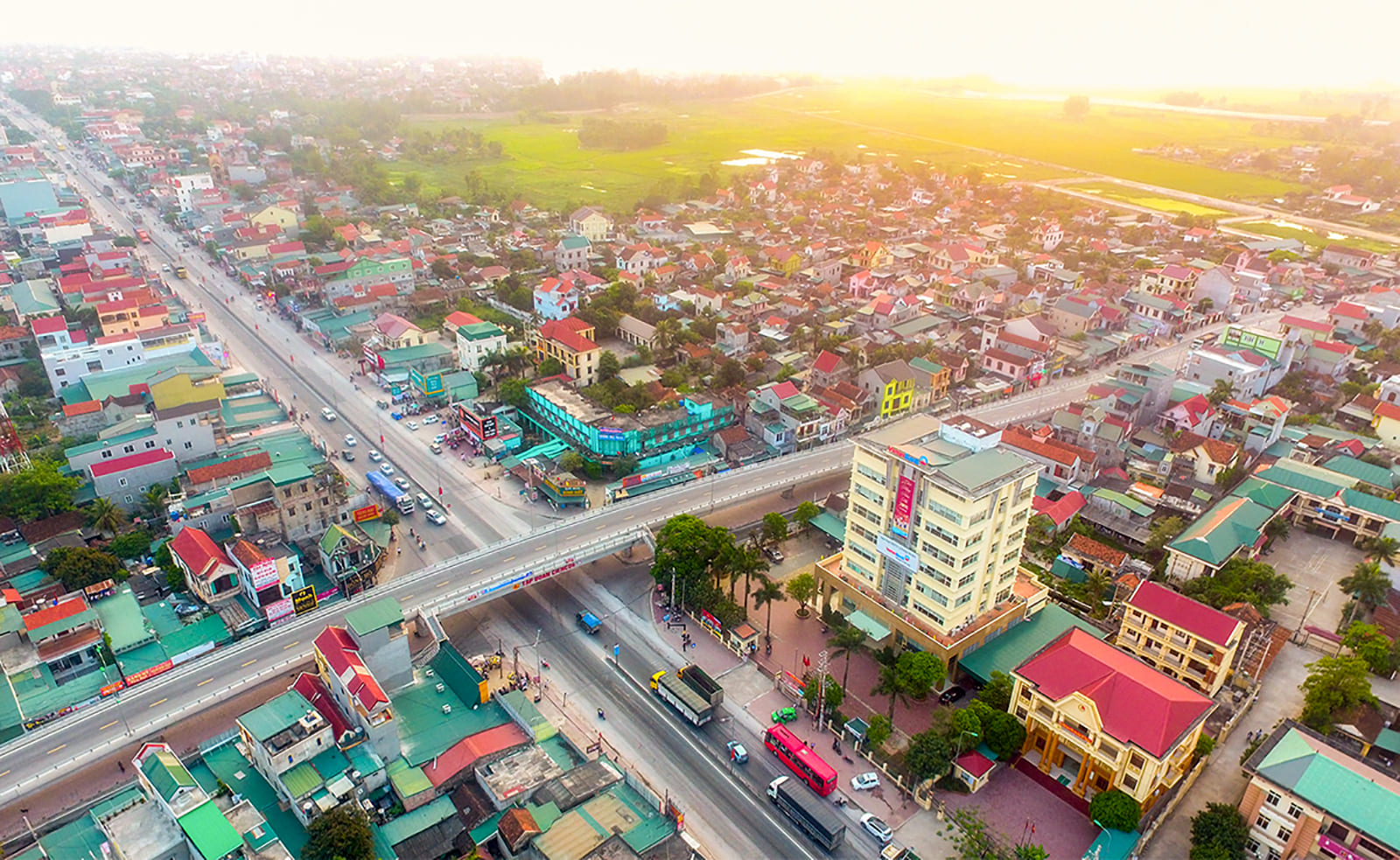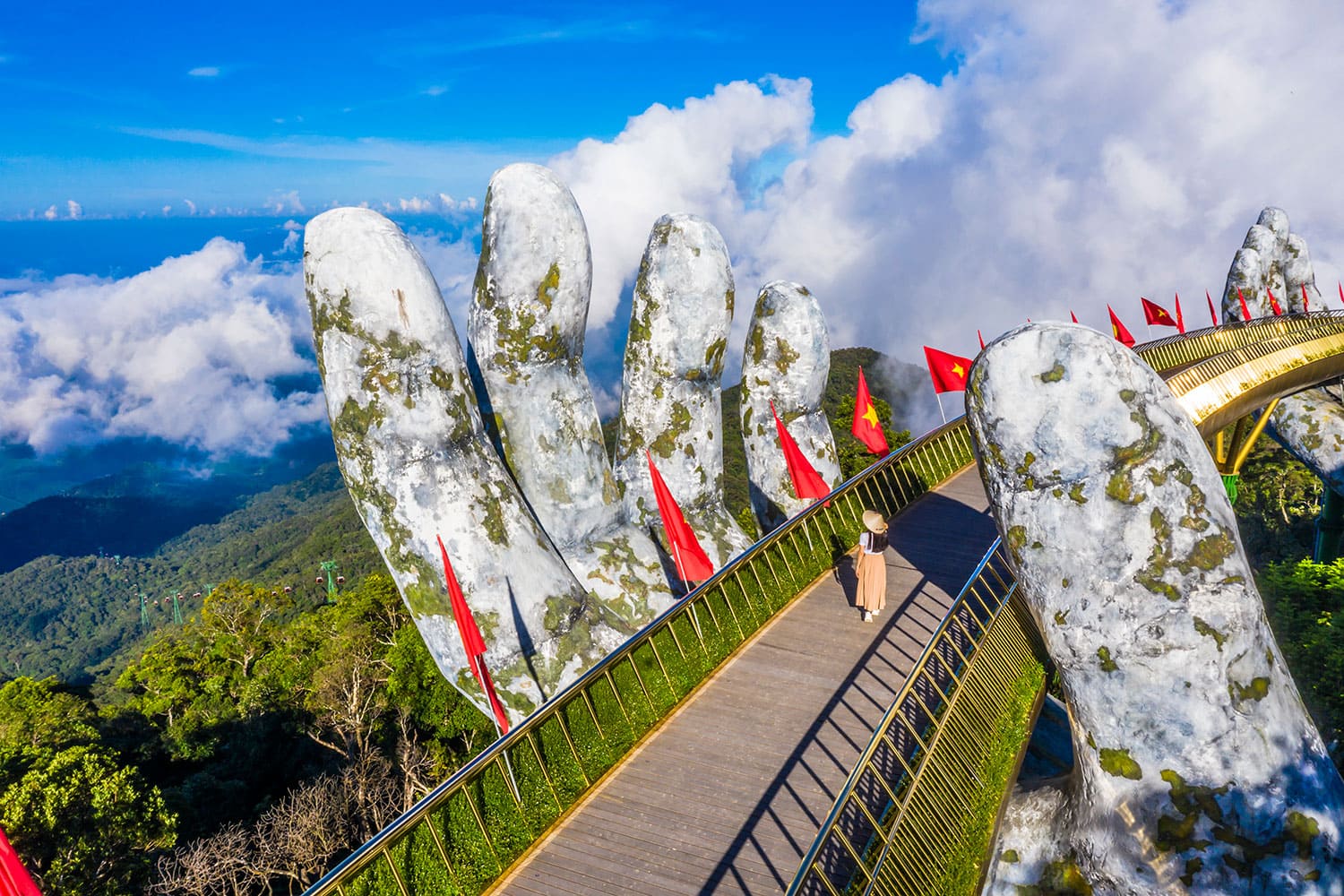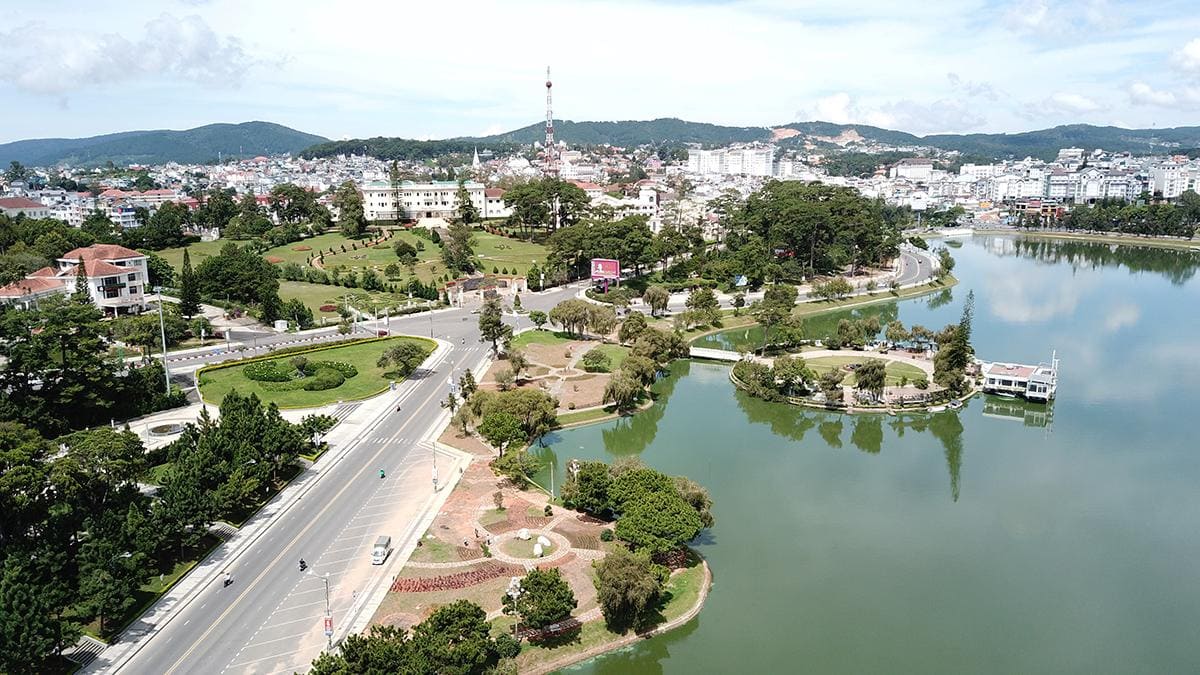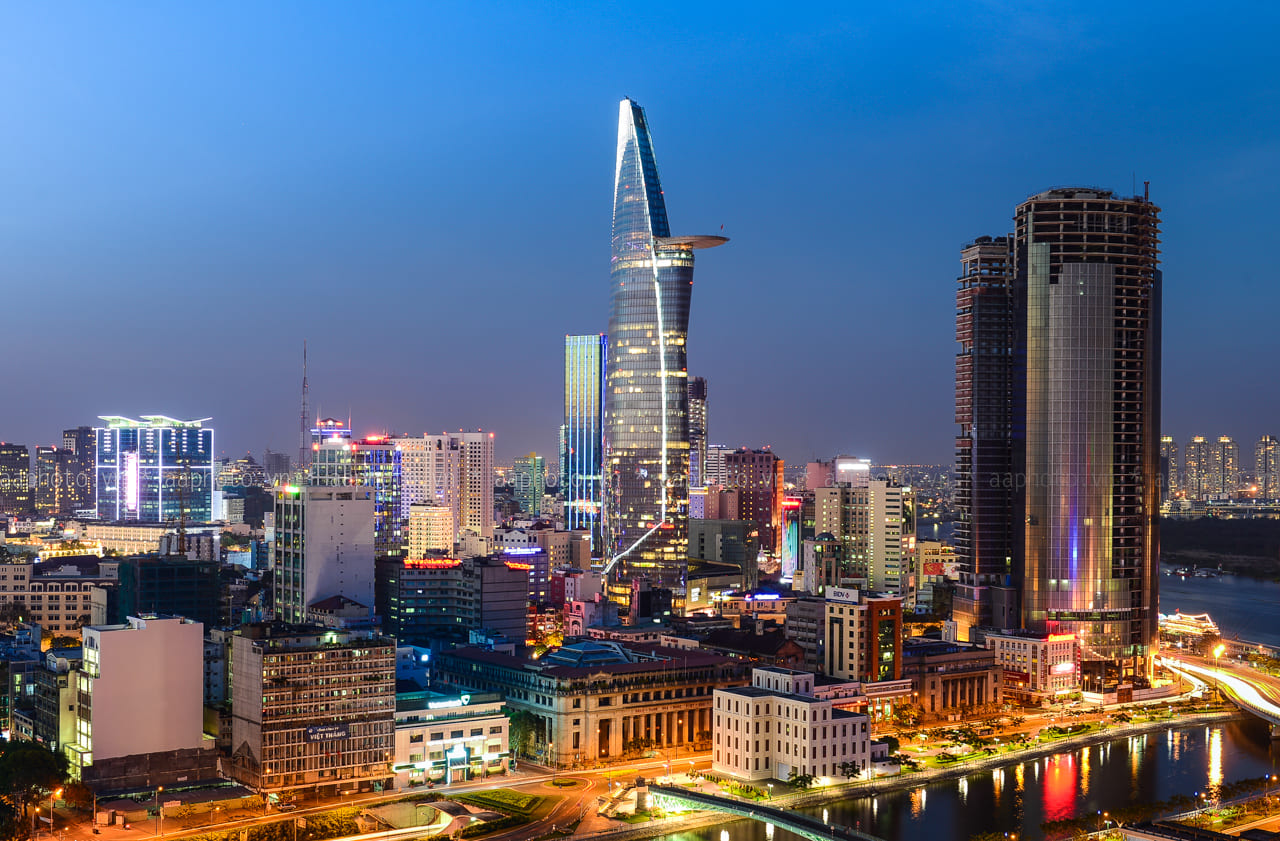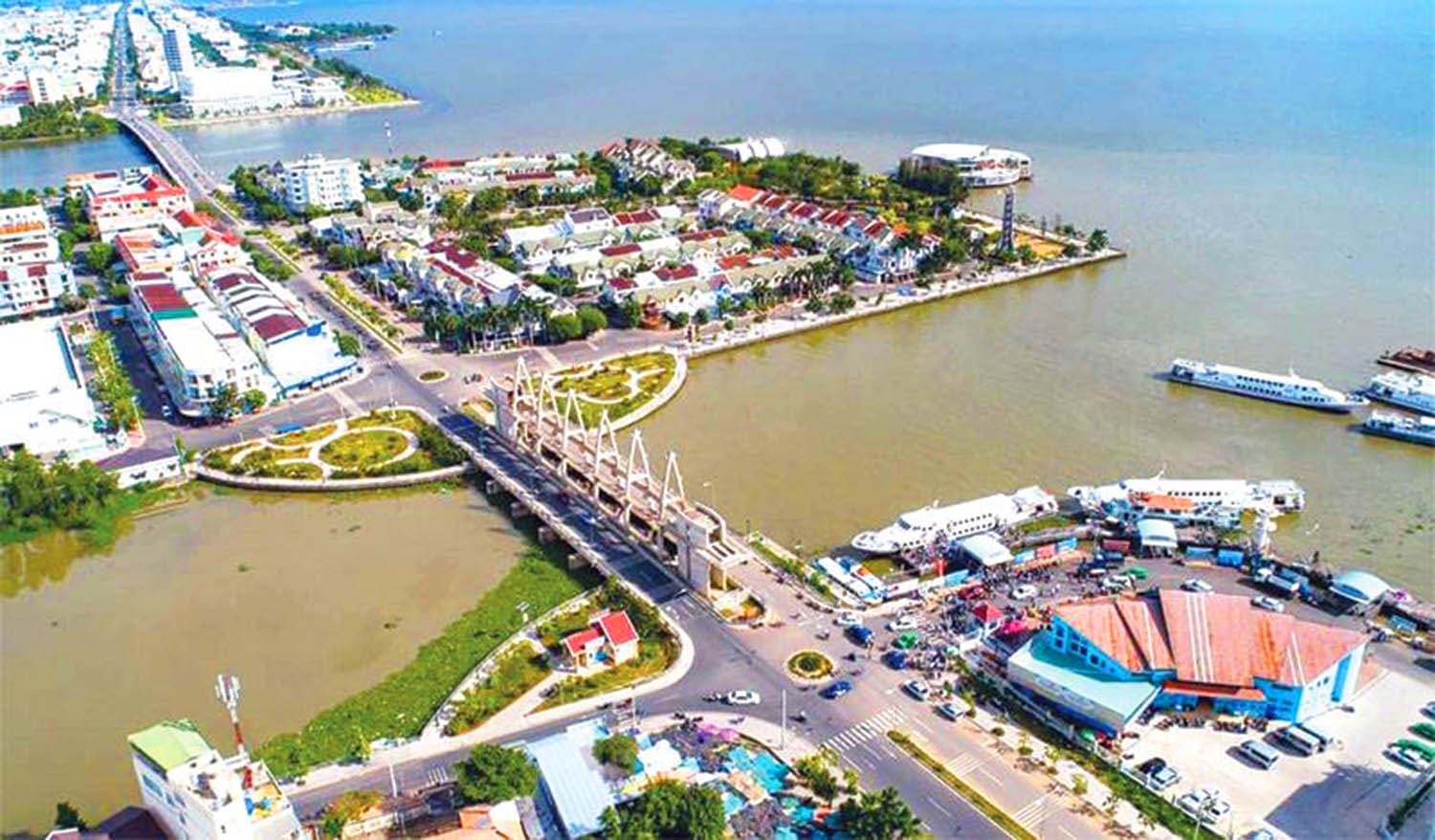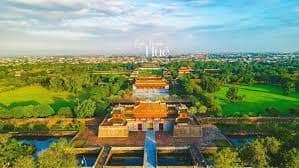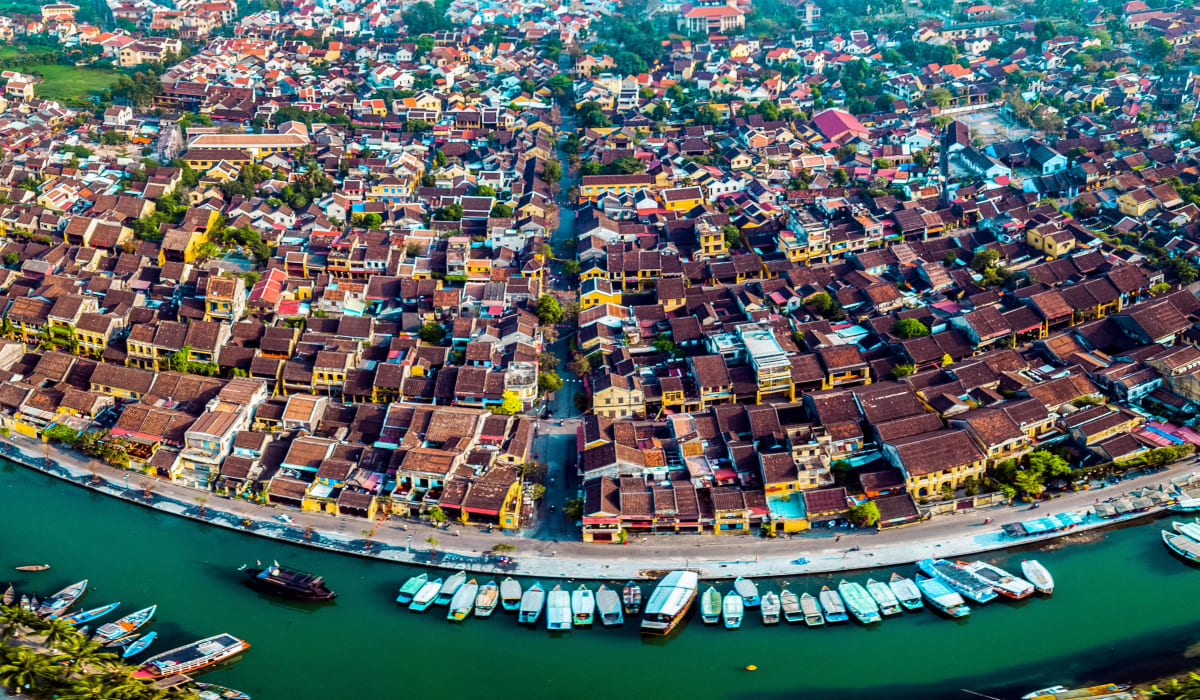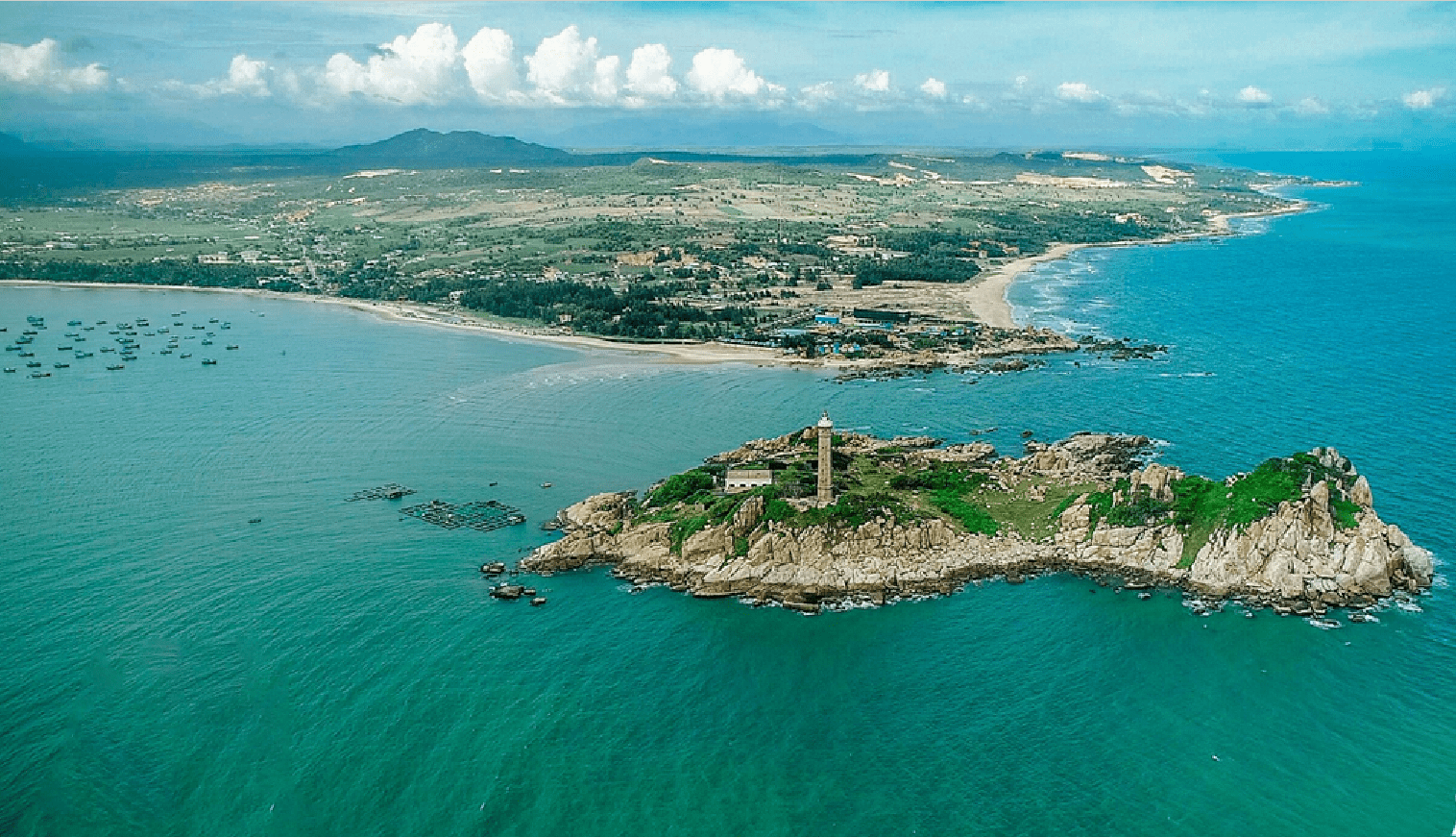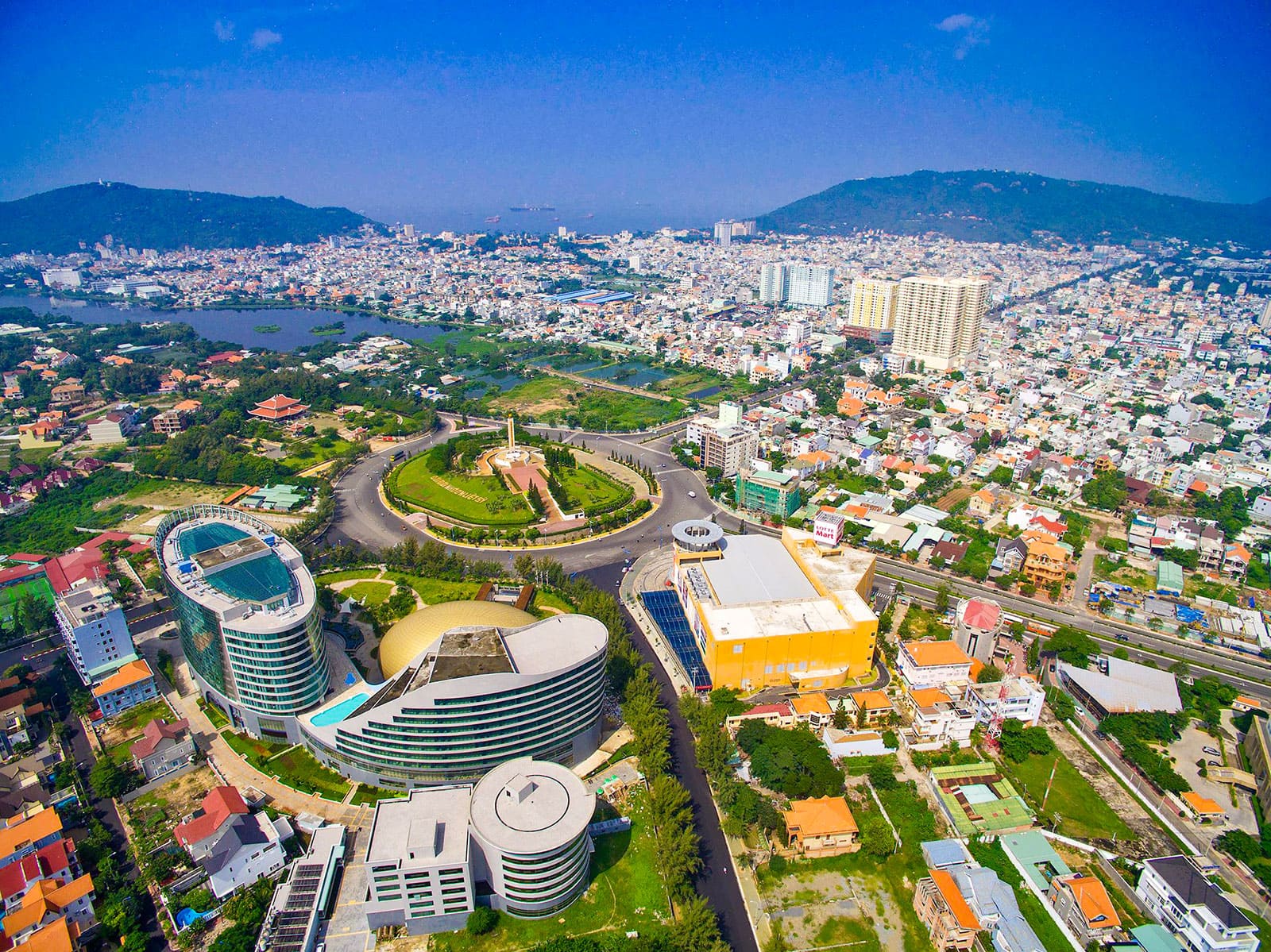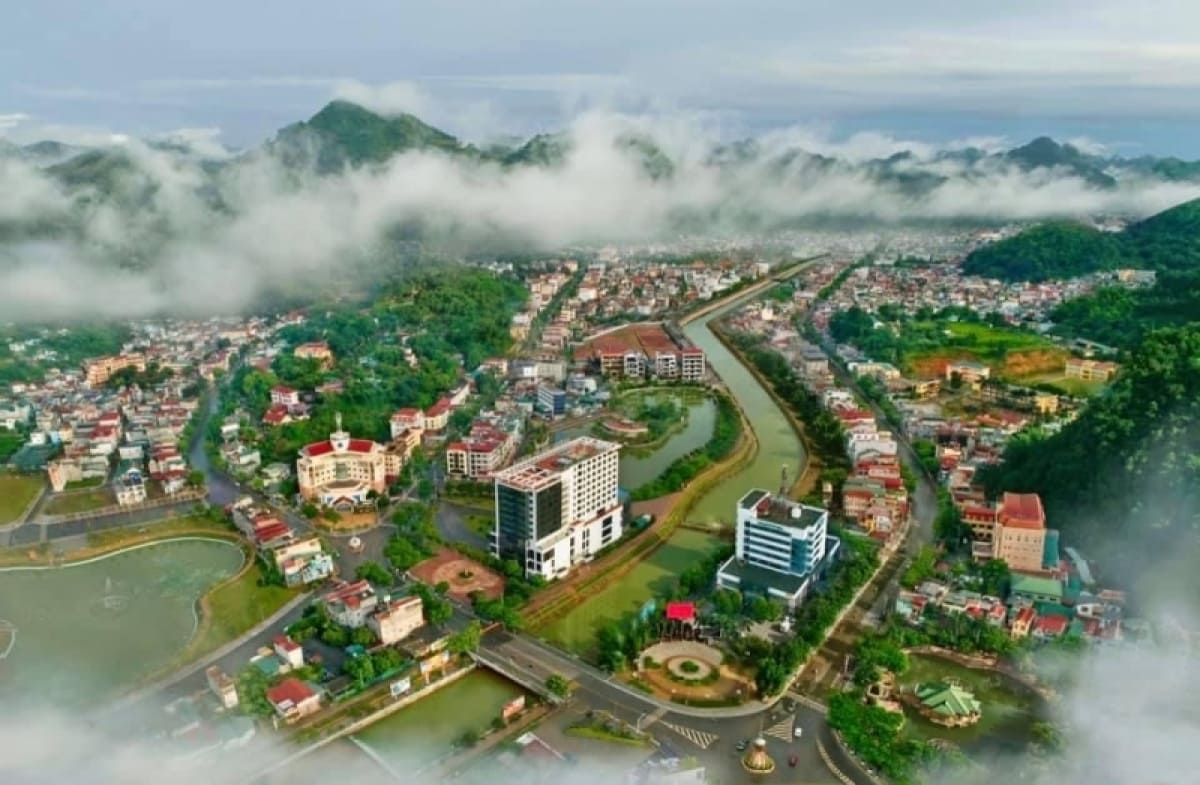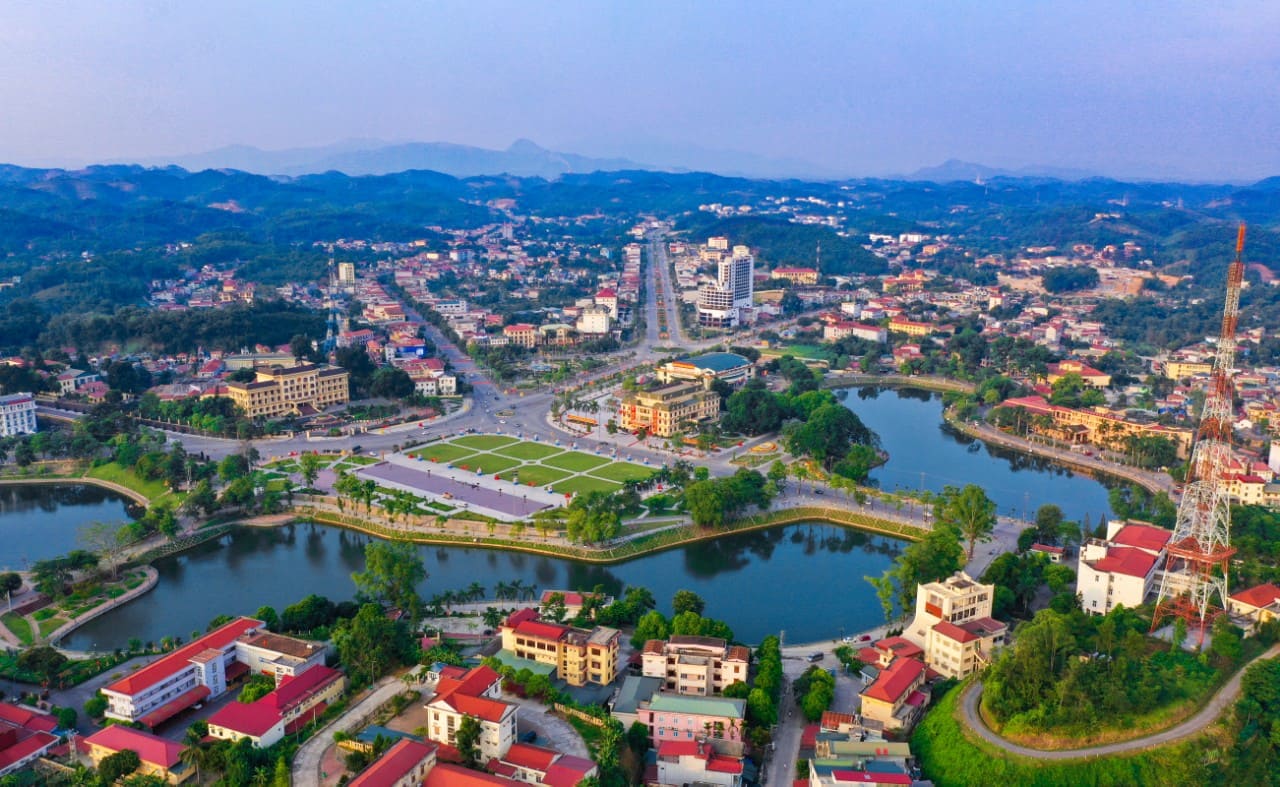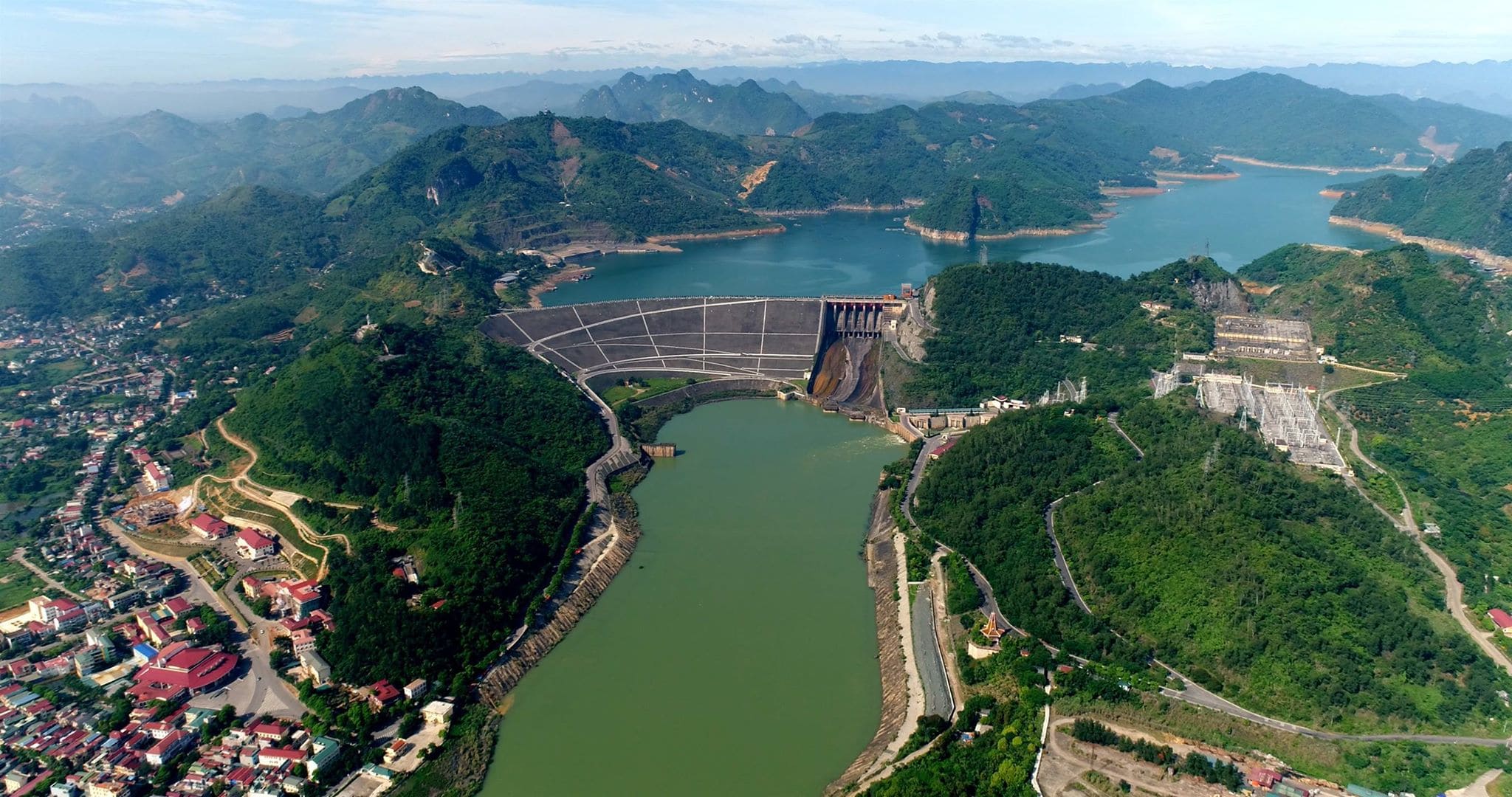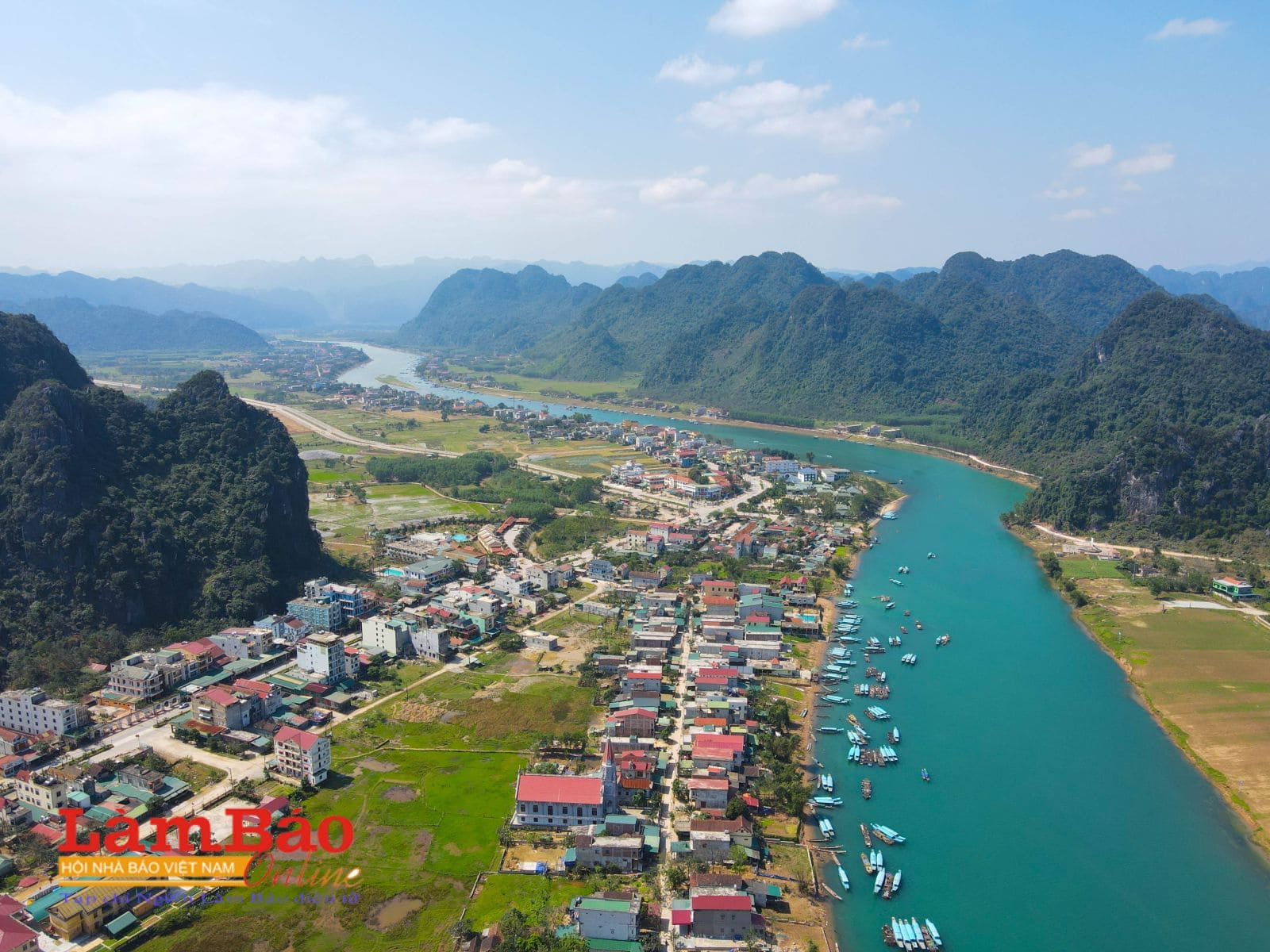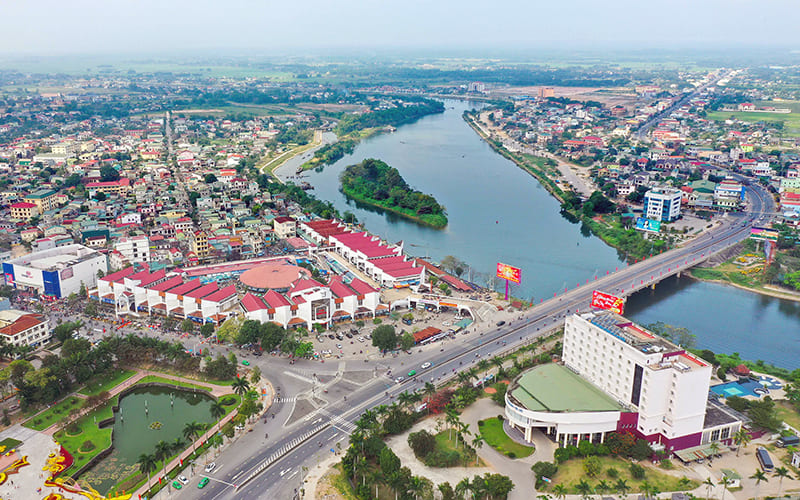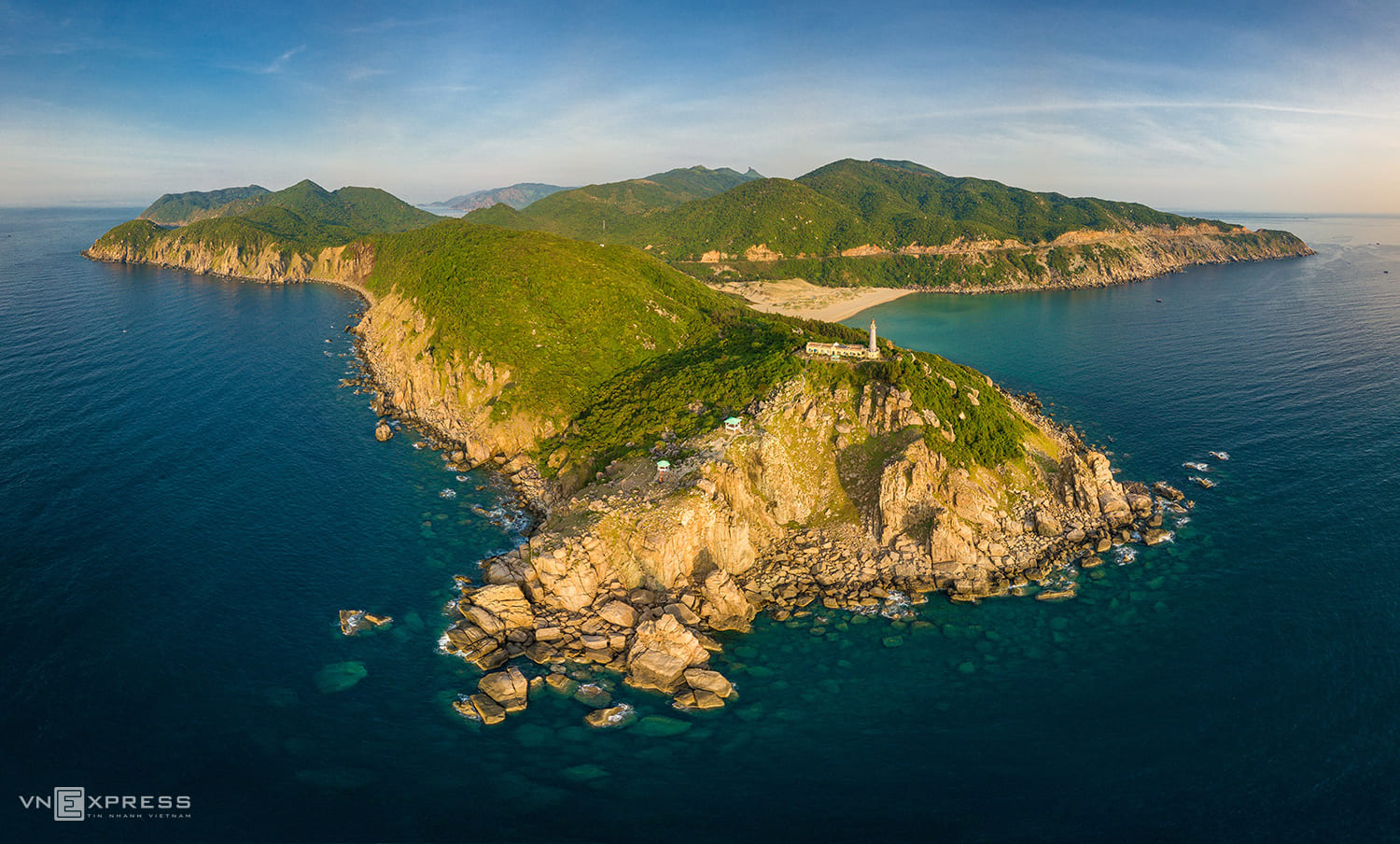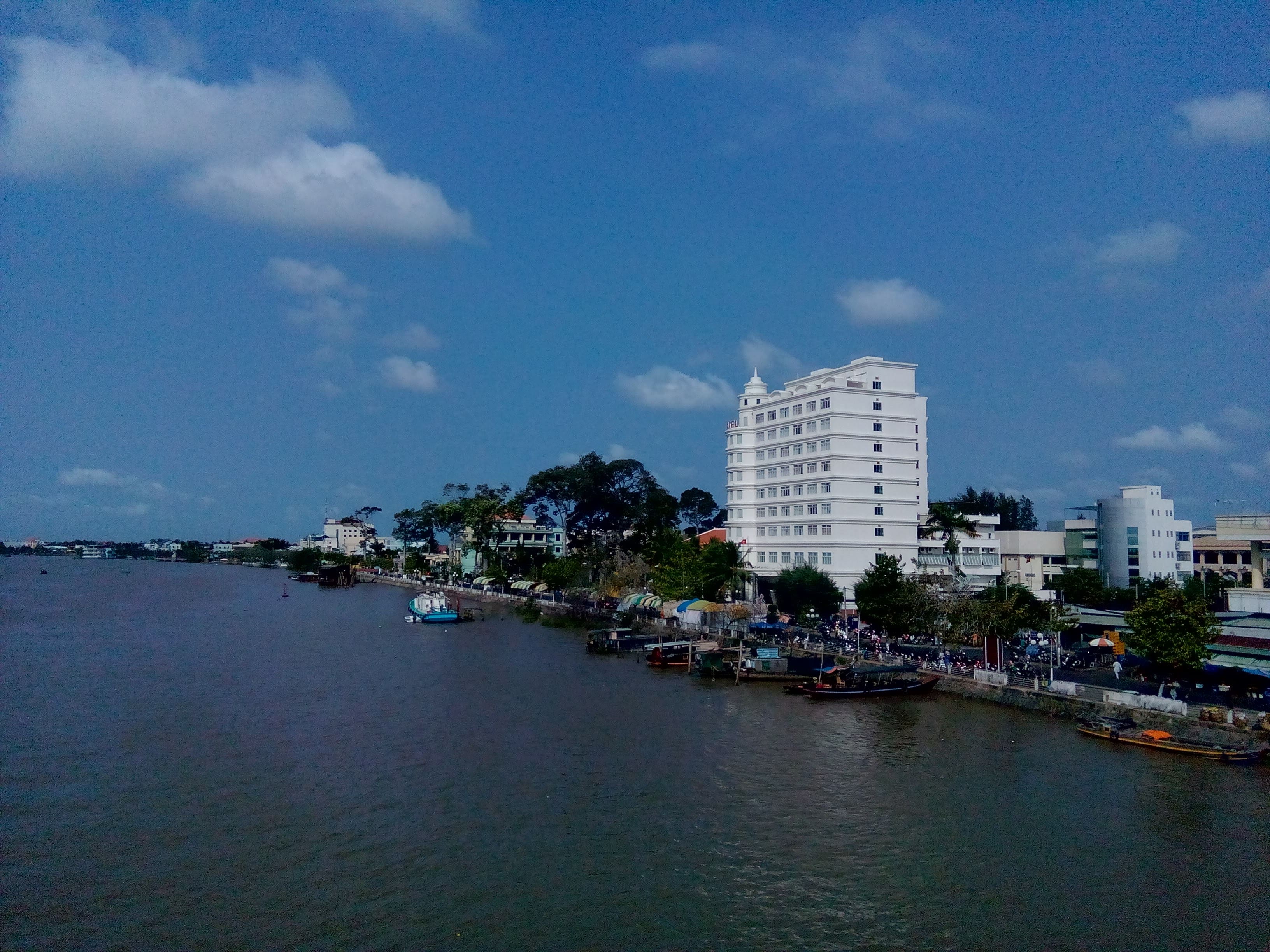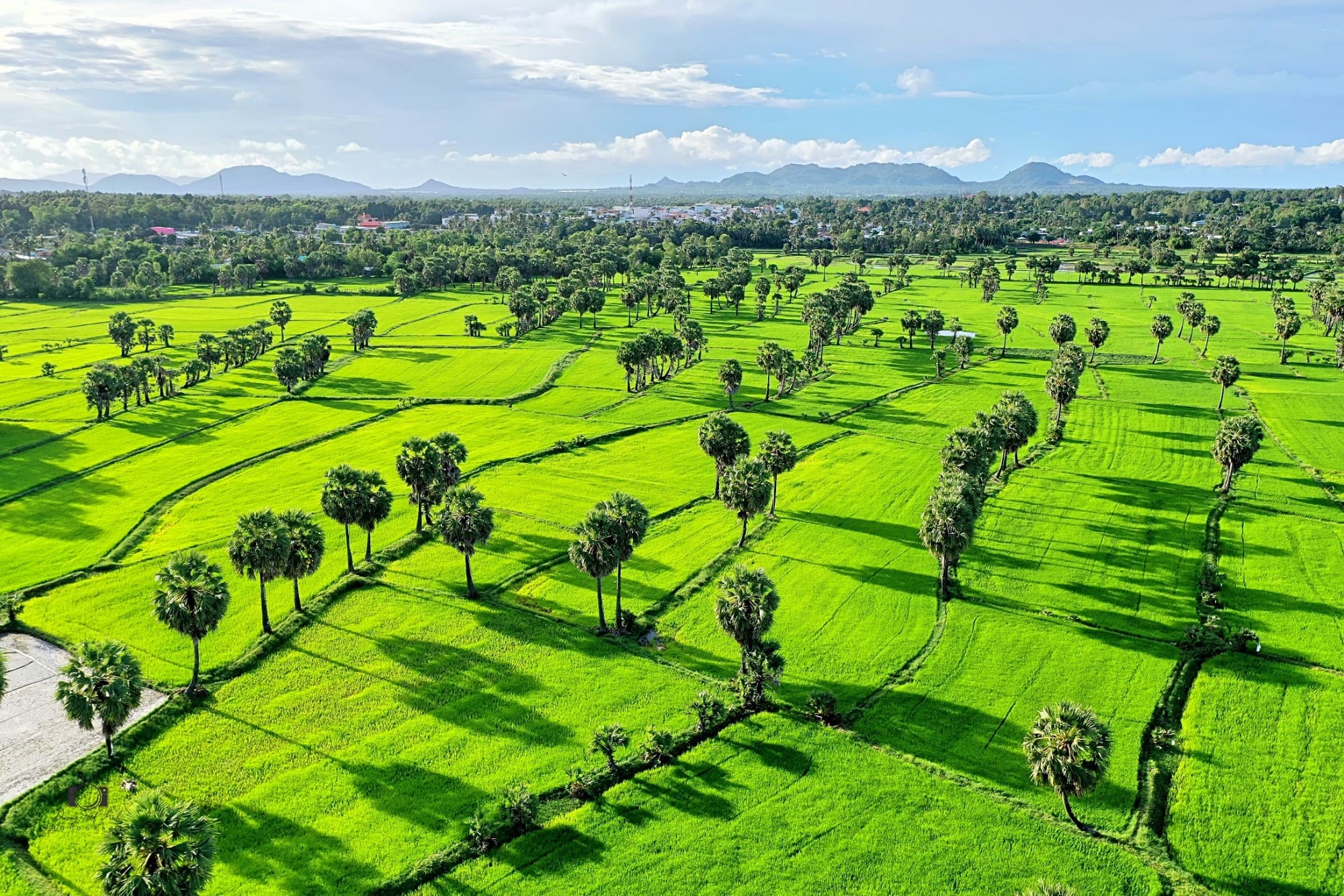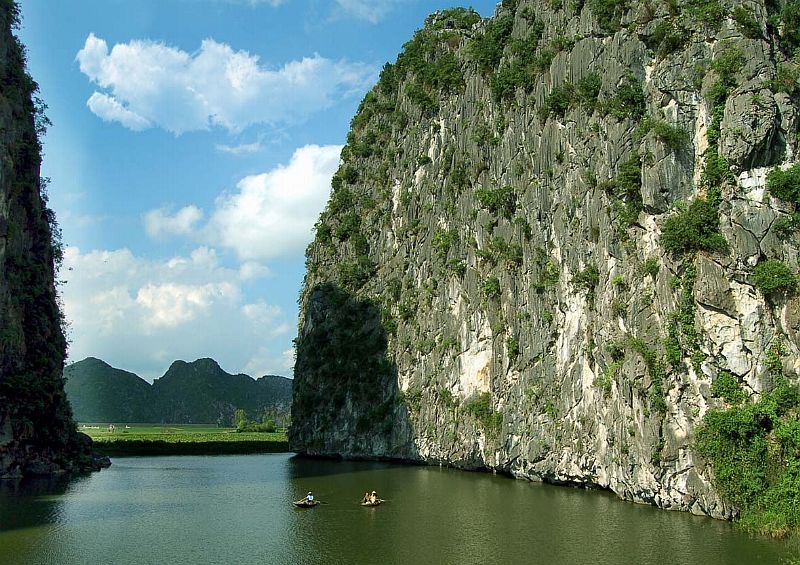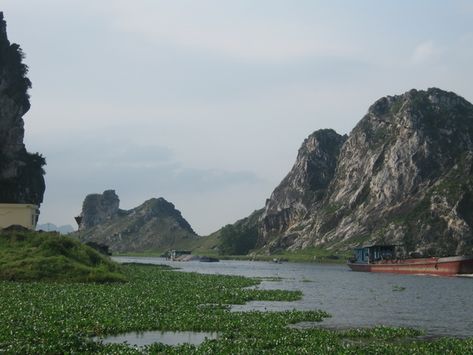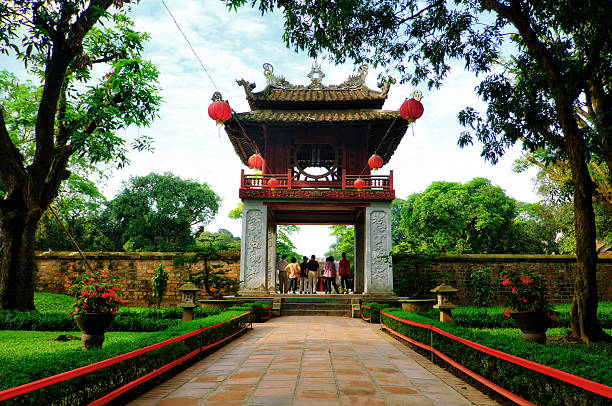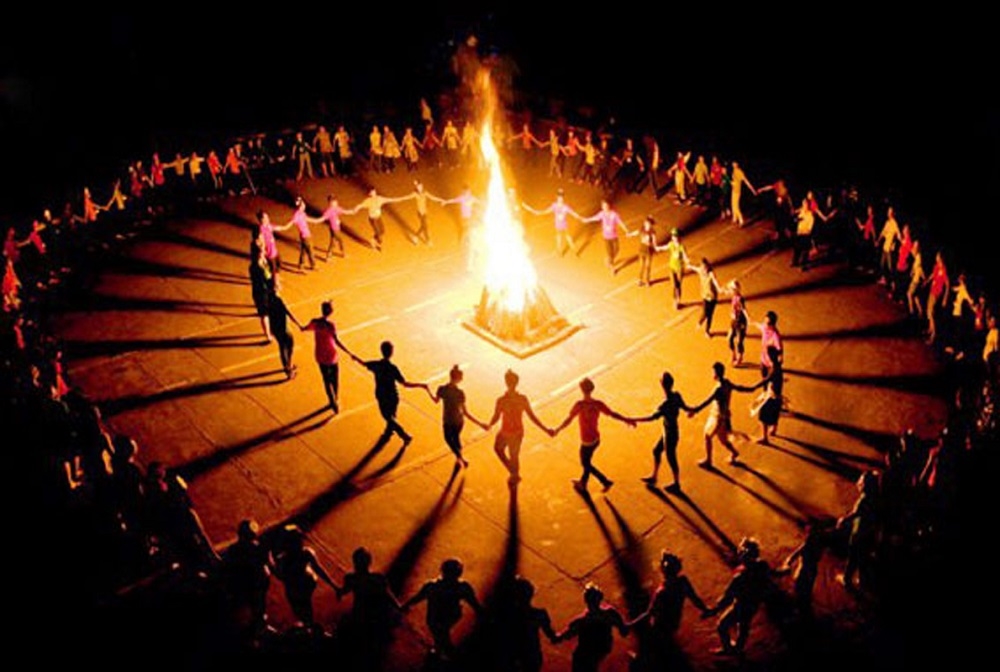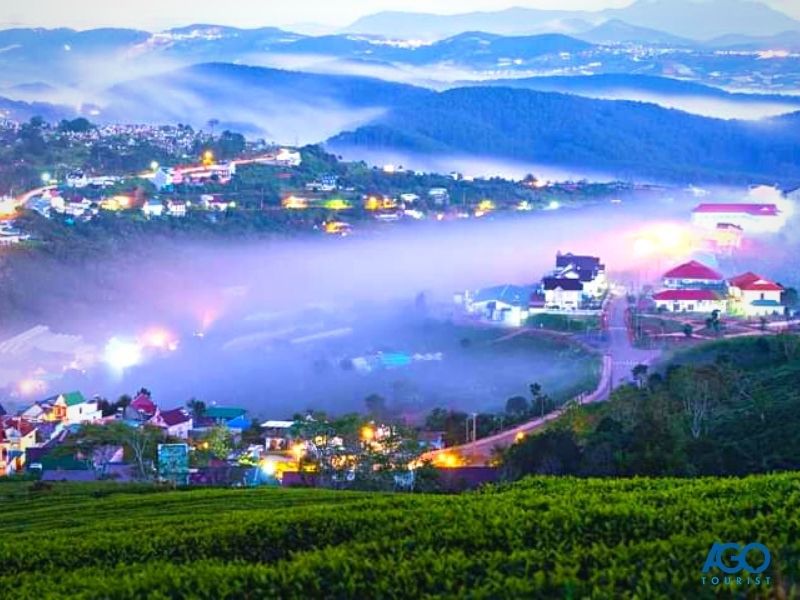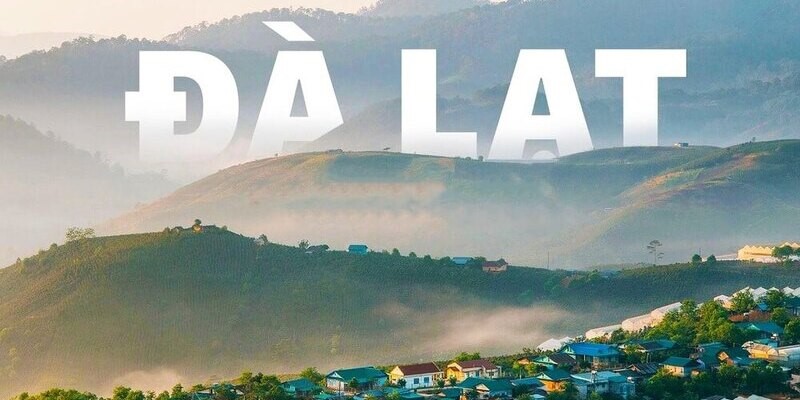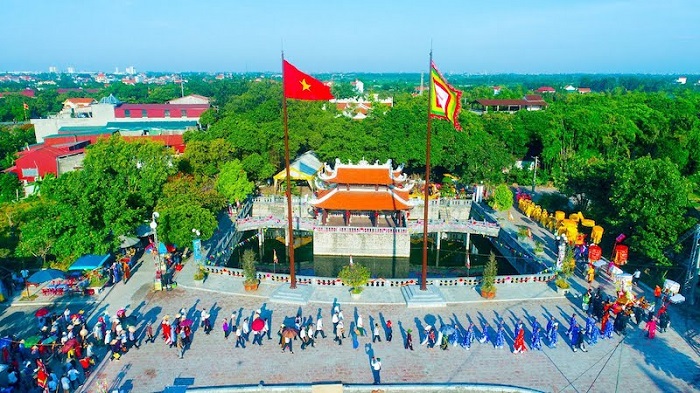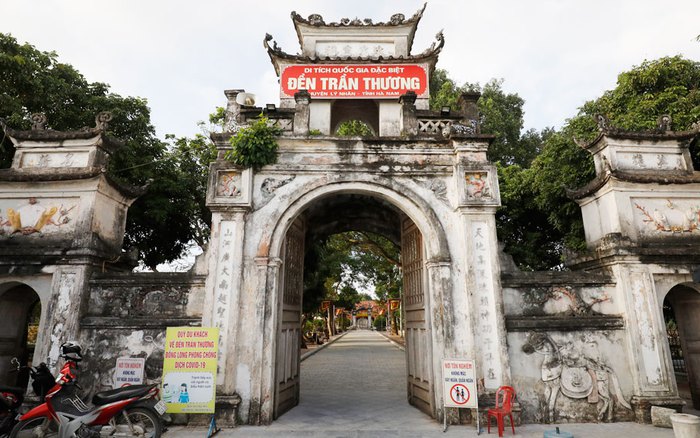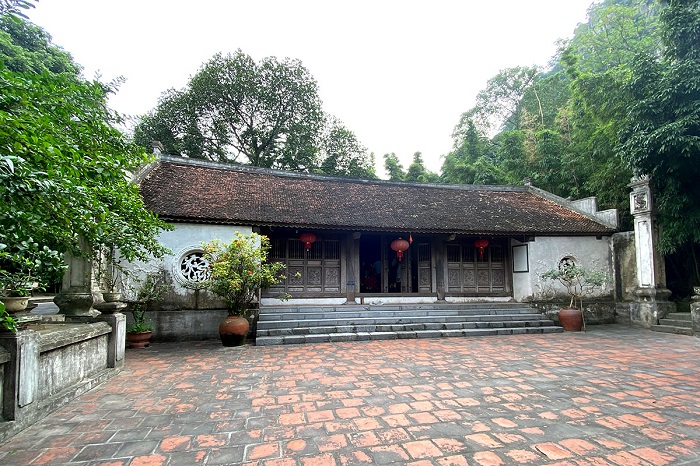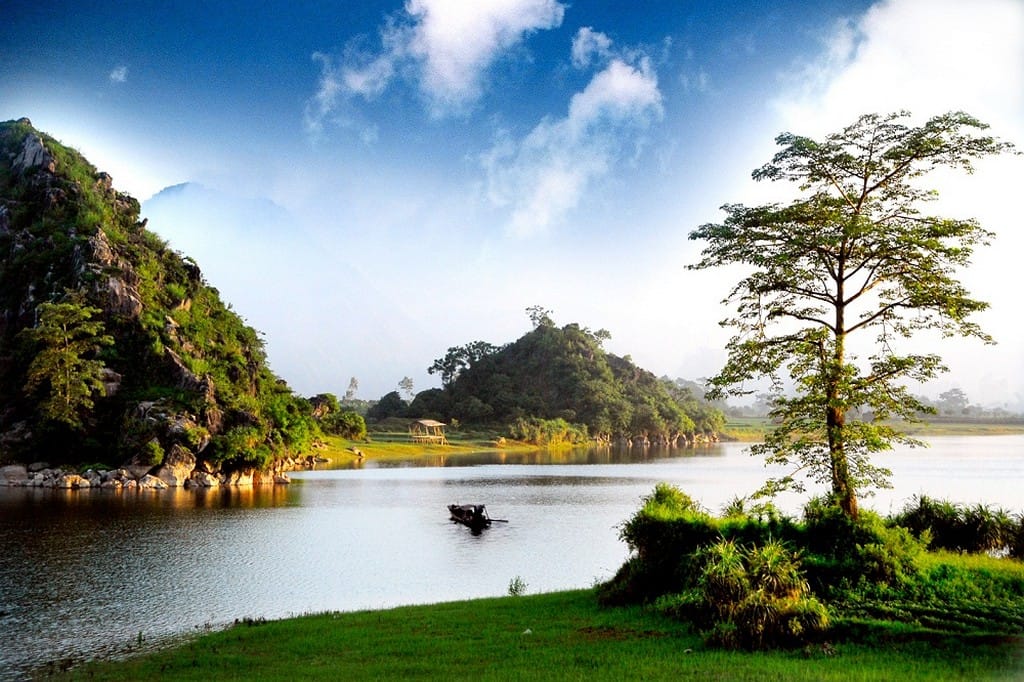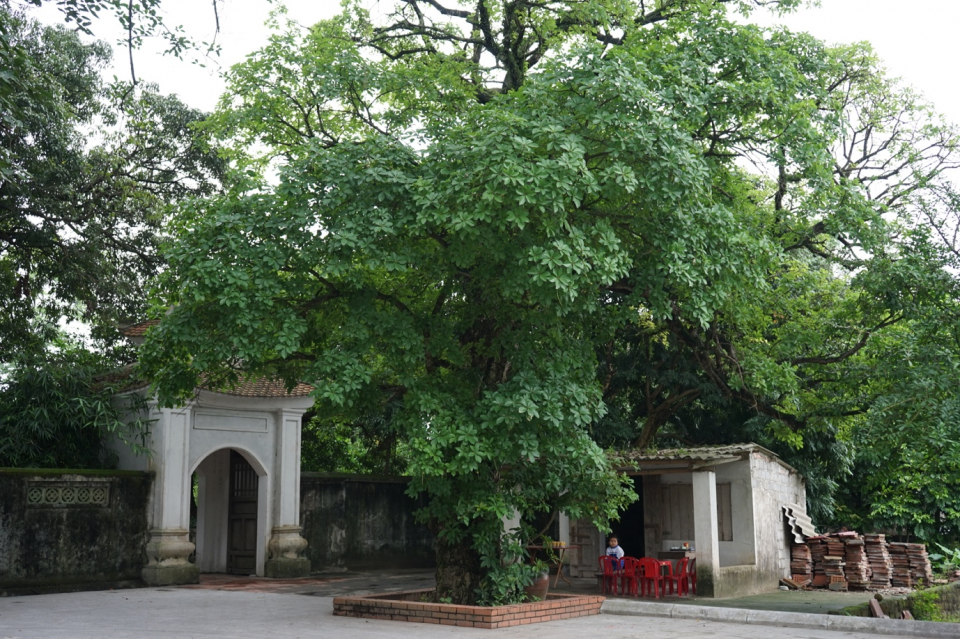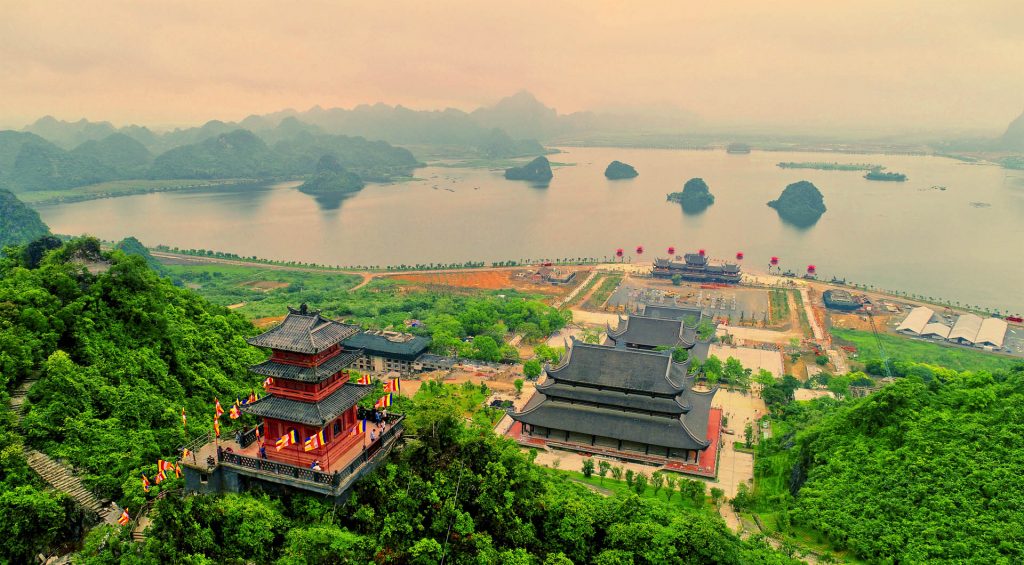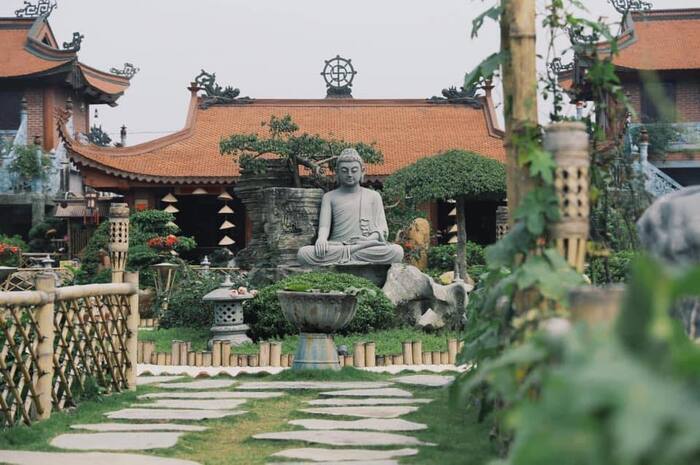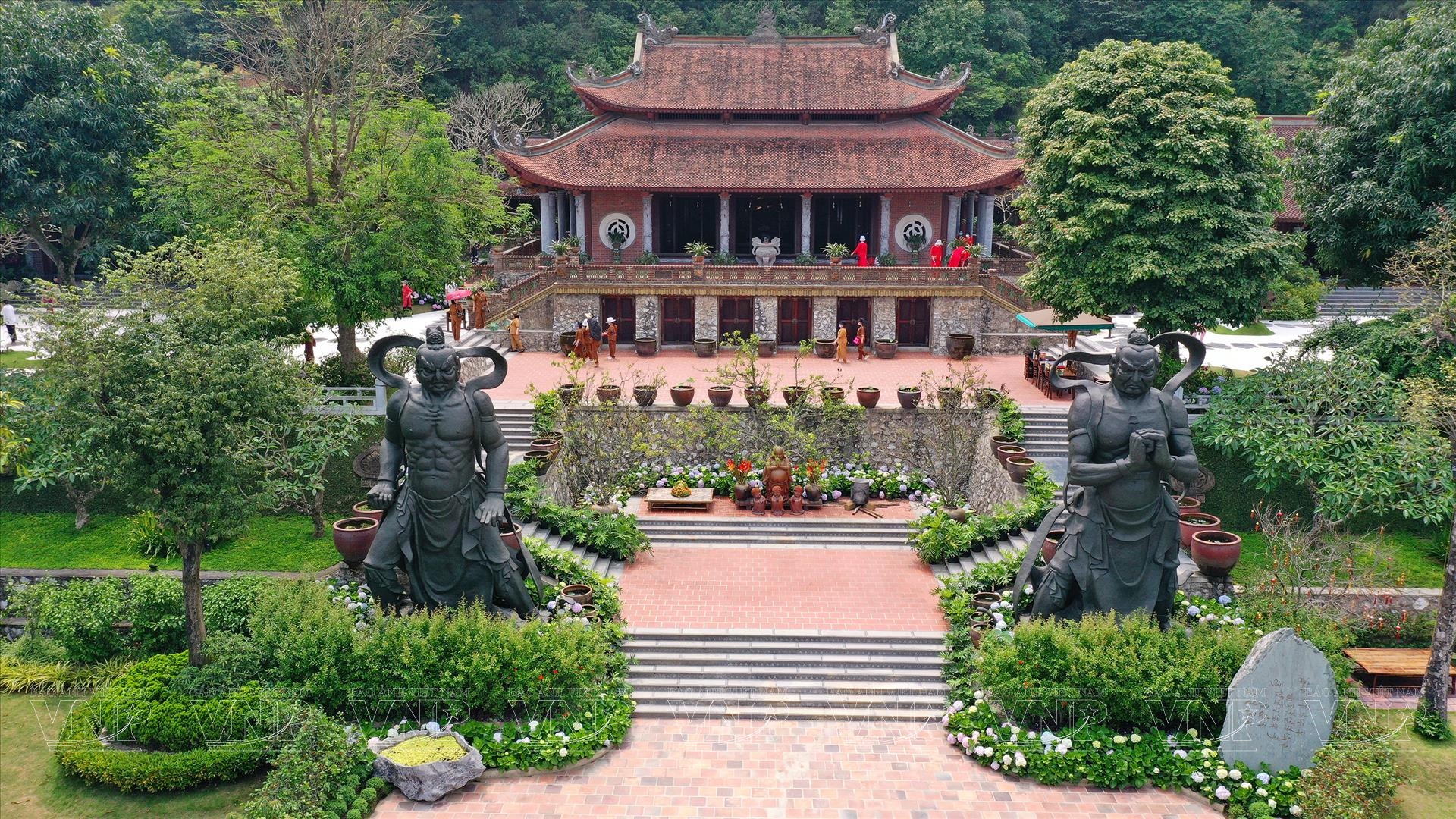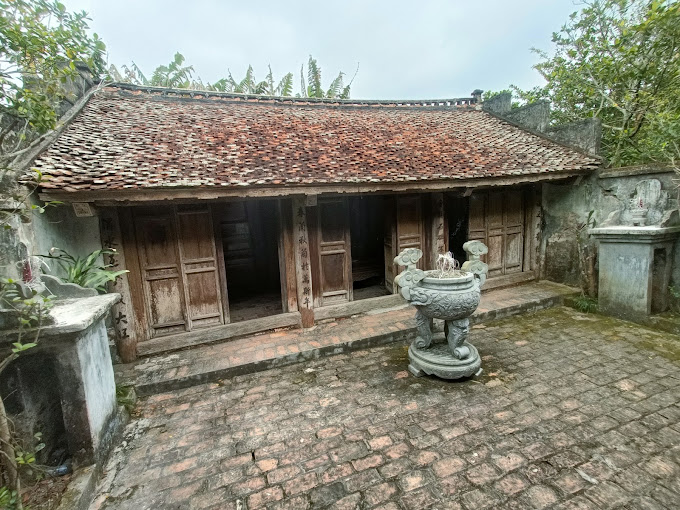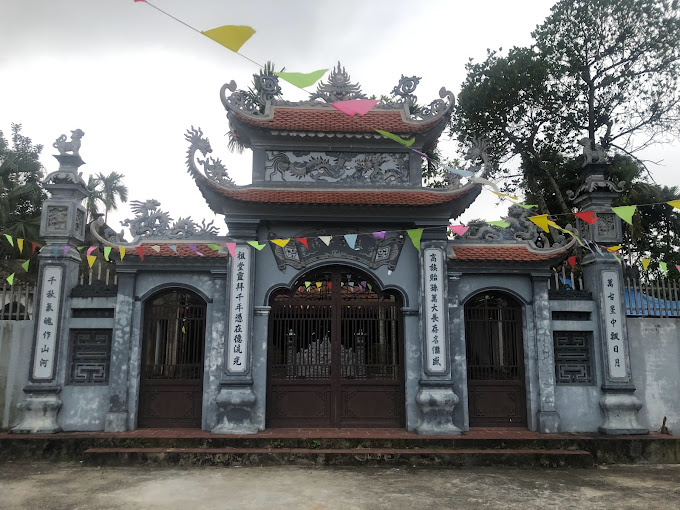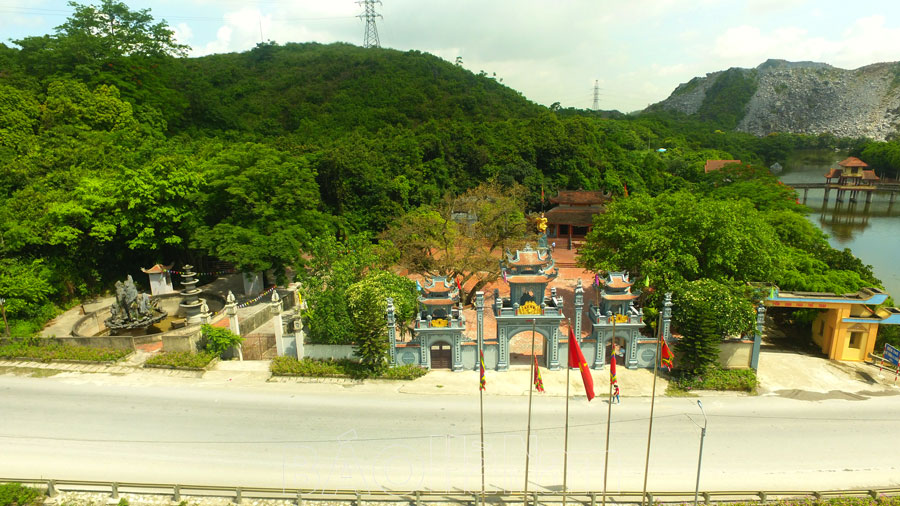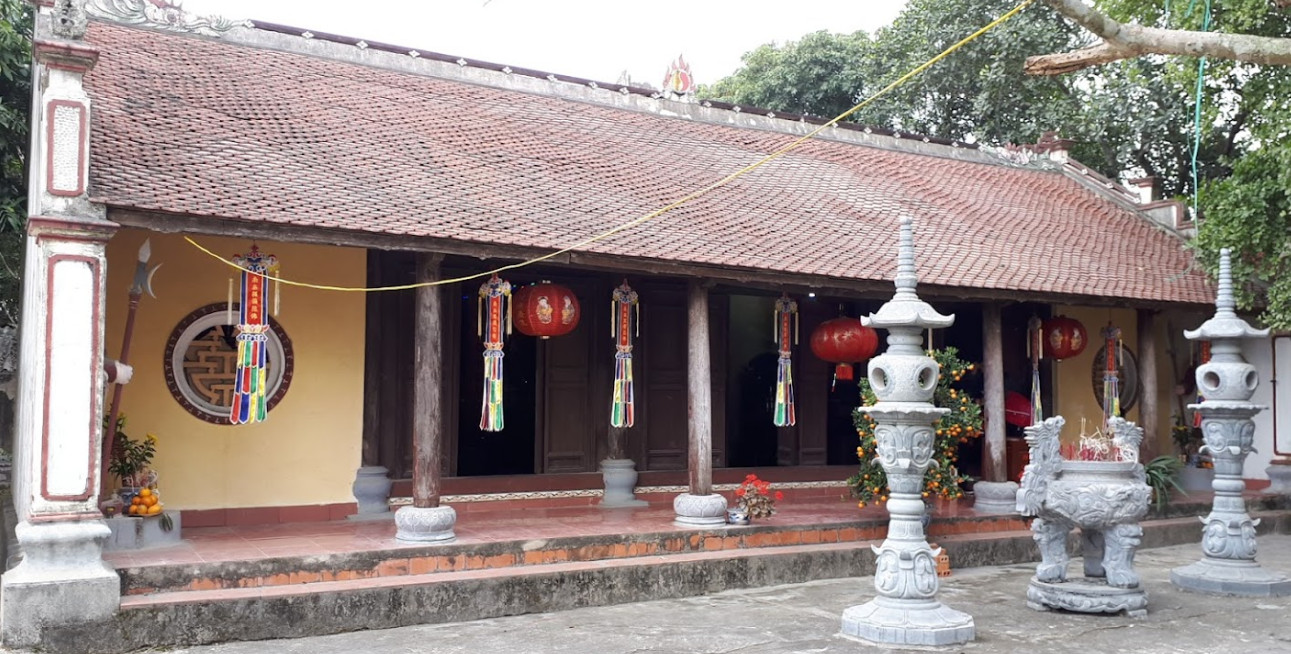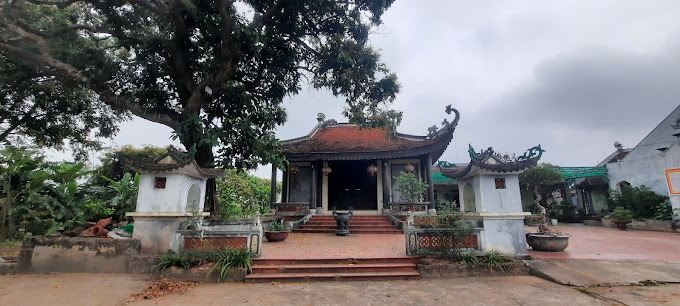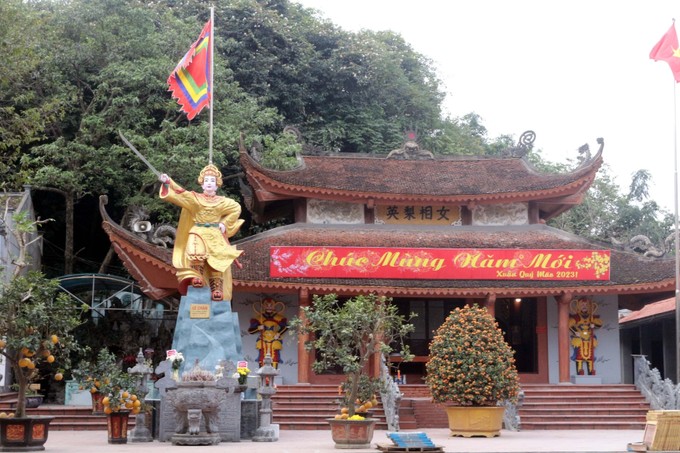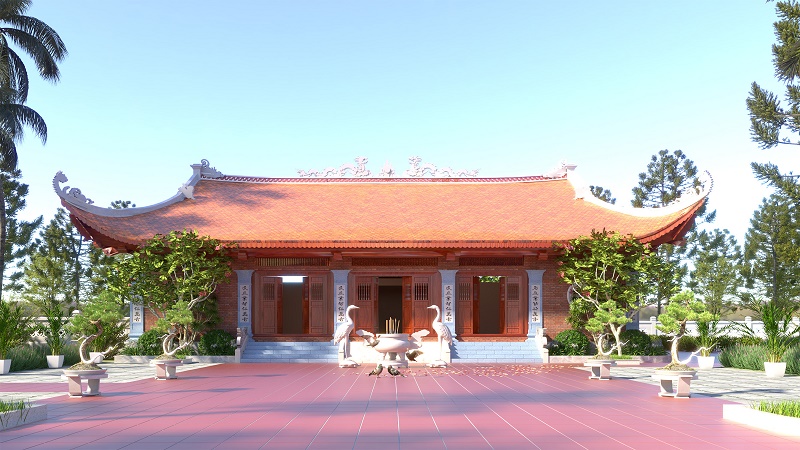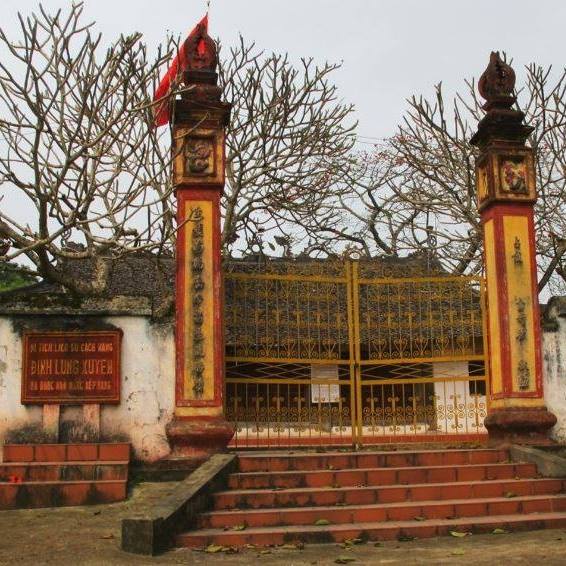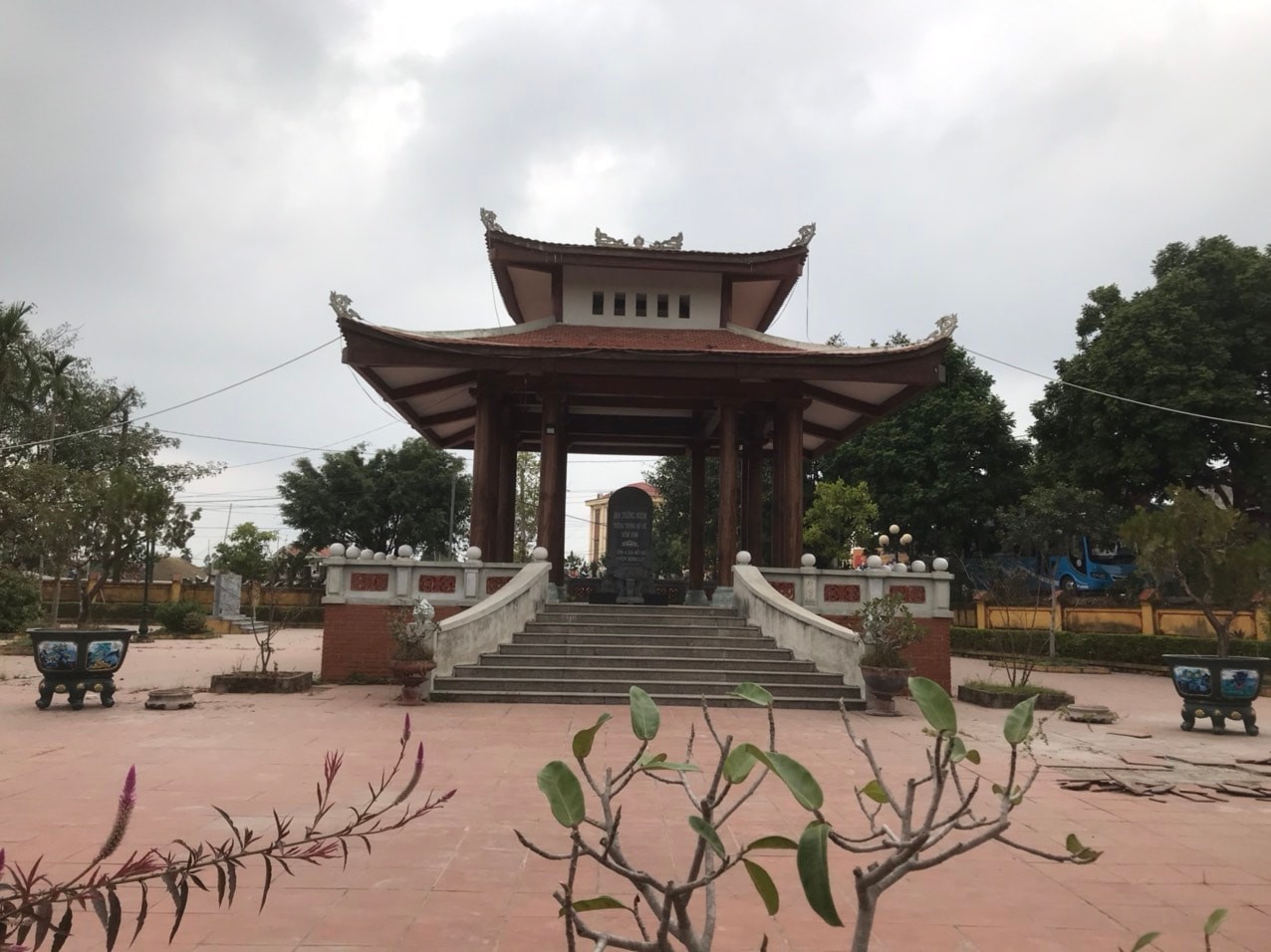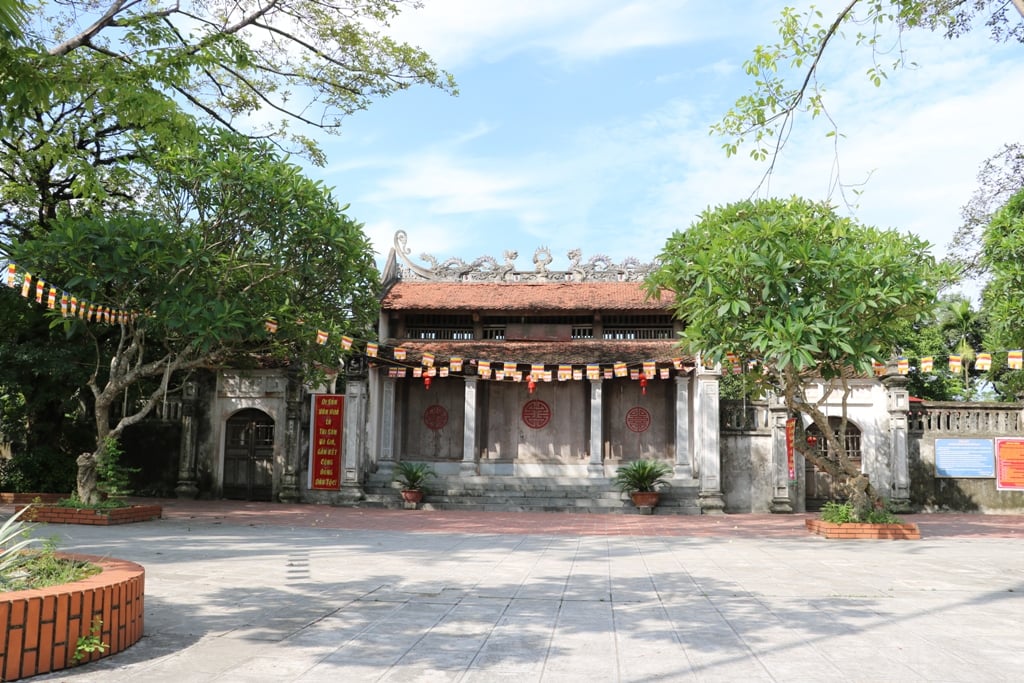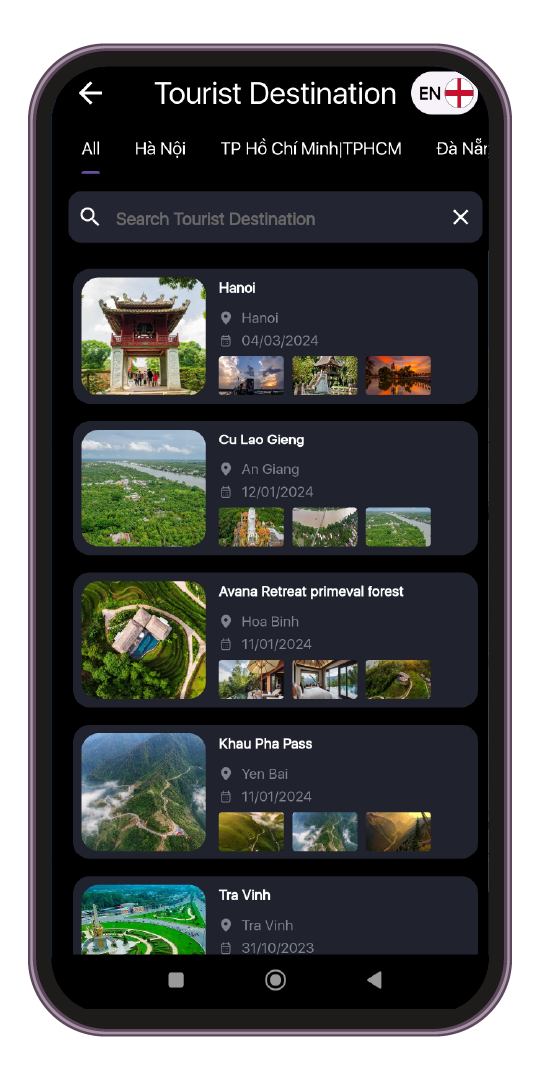Ba Danh Pagoda is located close to Ngoc Mountain and surrounded on three sides by the Day River. The outside of the pagoda is adjacent to the walking road, the three-entrance gate of the pagoda is near the river bank, so the three-entrance gate is five steps high and the two ends are closed.
The three-door pagoda has three compartments, two floors, the upper floor has two layers of roof, roofed with male tiles, around the wooden floor are railings and convenient bars, this floor is used as a bell tower, the lower three compartments have wooden doors. lim.
Outside the door are two bronze pillars, on the top of the three-door gate is a pair of flanking dragons. On both sides of the main gate is a small gate with eight roofs and a semicircular curving door. On weekdays, guests enter and exit through the small door, only when there is a ceremony at the temple does the main door open.
Ba Danh Pagoda worships Buddha, in addition to Buddha, there are also statues of Thai Thuong Lao Quan, statues of Nam Tao, Bac Dau and worshiping the Four Palaces belief (Phap Van, Phap Vu, Phap Dien, Phap Phong). In particular, the pagoda worships the goddess Phap Vu, the goddess of wind.
According to legend, the sacred goddess Phap Vu oversees the control of rain and wind, bringing favorable weather for good harvests and helping people's lives to be prosperous, so the pagoda is called Notre Dame de Danh village, or Pagoda for short. Mrs. Danh.
In the central space of the pagoda is a statue of Ba Danh in a meditating position on a shiny black throne with a kind, gentle, feminine and close face. The harmony between the statue and the throne creates the appeal of sculpture art in the Northern Delta.
Almost all of the temple's architectural and carving art is concentrated in the worship hall - the place for daily ceremonies. The pavilion has five ironwood compartments, gabled ends and two dragons embossed on it. Observing from the middle of the brick yard, visitors will see a system of embossed statues of "four dragons flanking the moon" on the roof of the street.
All four dragons, from their designs to their bodies, are curvy, their eyes, antennae, claws, and fins are very lively, flexible, but also very fierce, looking like they are playing with each other, flying in the vast space. The dragon here carries the colors of the Nguyen Dynasty.
At the beginning of the two corridors and adjacent to the worship house are two tall, majestic pillars. On each column are embossed images of four sacred animals: dragon, lyre, tortoise, and phoenix in a symmetrical, harmonious, and balanced position. Every line shows the talent of ancient artisans.
Although beautiful and ancient, Ba Danh Pagoda is known for its desolation and desolation. There have been many theories to explain this, but the most convincing is that the pagoda is very sacred, if passersby or people coming to worship, if they laugh, talk loudly, or disrespect even a single sentence, they will be punished. Therefore, pilgrims visit the temple less and less.
In addition, the pagoda is located far from residential areas, with few people living around it. Three sides of the pagoda are rivers, forests, and trees, so very few people come to the pagoda, except during major Buddhist festivals. The above reasons have made the already deserted temple even more deserted.
Today, the pagoda has been invested and rebuilt to be quite spacious and spacious, with more visitors coming to the pagoda. Therefore, the old saying has now been changed to: "Once upon a time it was quiet and deserted/ Now it is as busy as Ba Danh pagoda." Ba Danh Pagoda currently preserves many rare antiques and ancient books, especially Buddha statues, Bodhisattva statues, great pagodas, stone carvings, parallel sentences and incense sticks...
Ha Nam
1808
view
From January to December


 vn
vn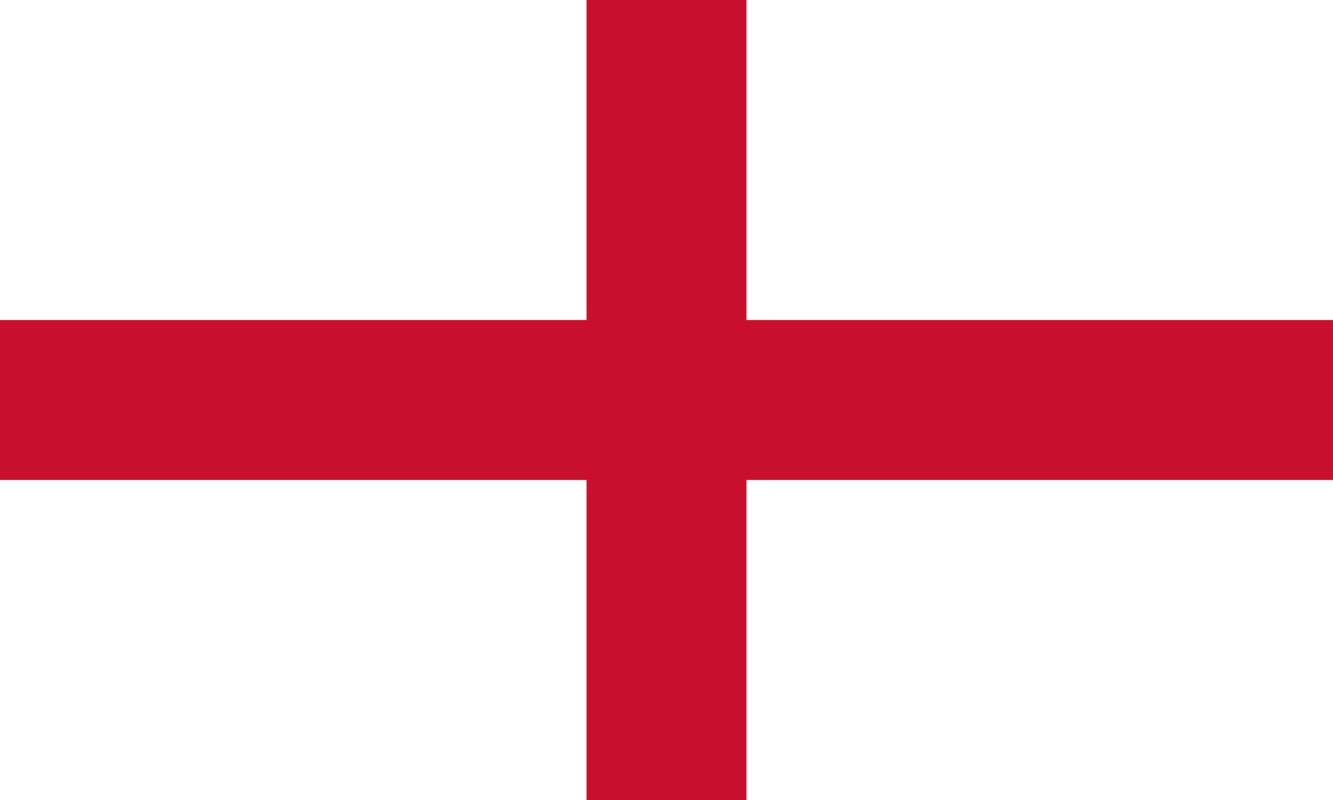 en
en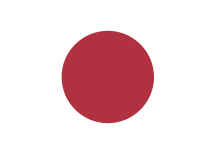 ja
ja ko
ko zh
zh


















